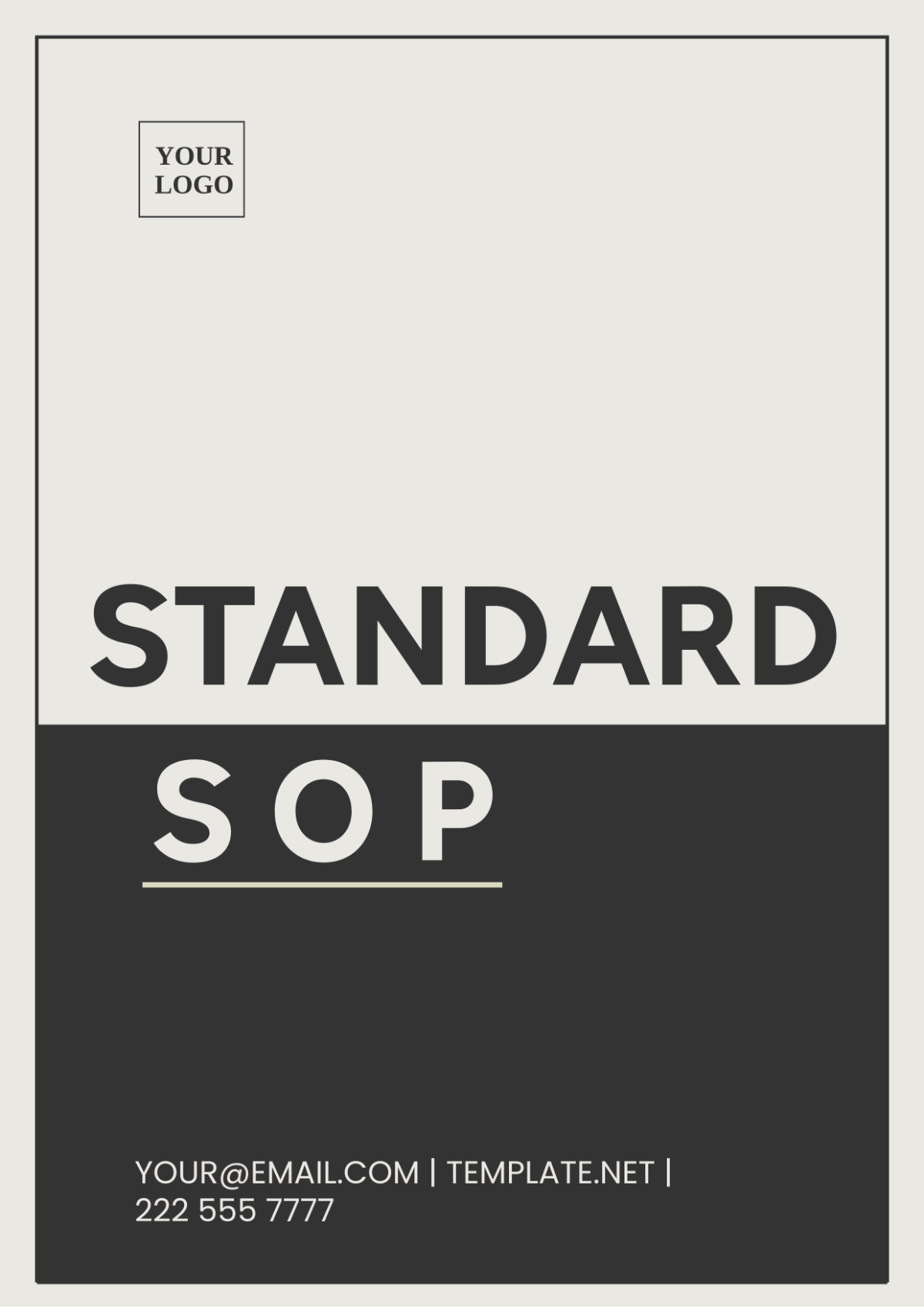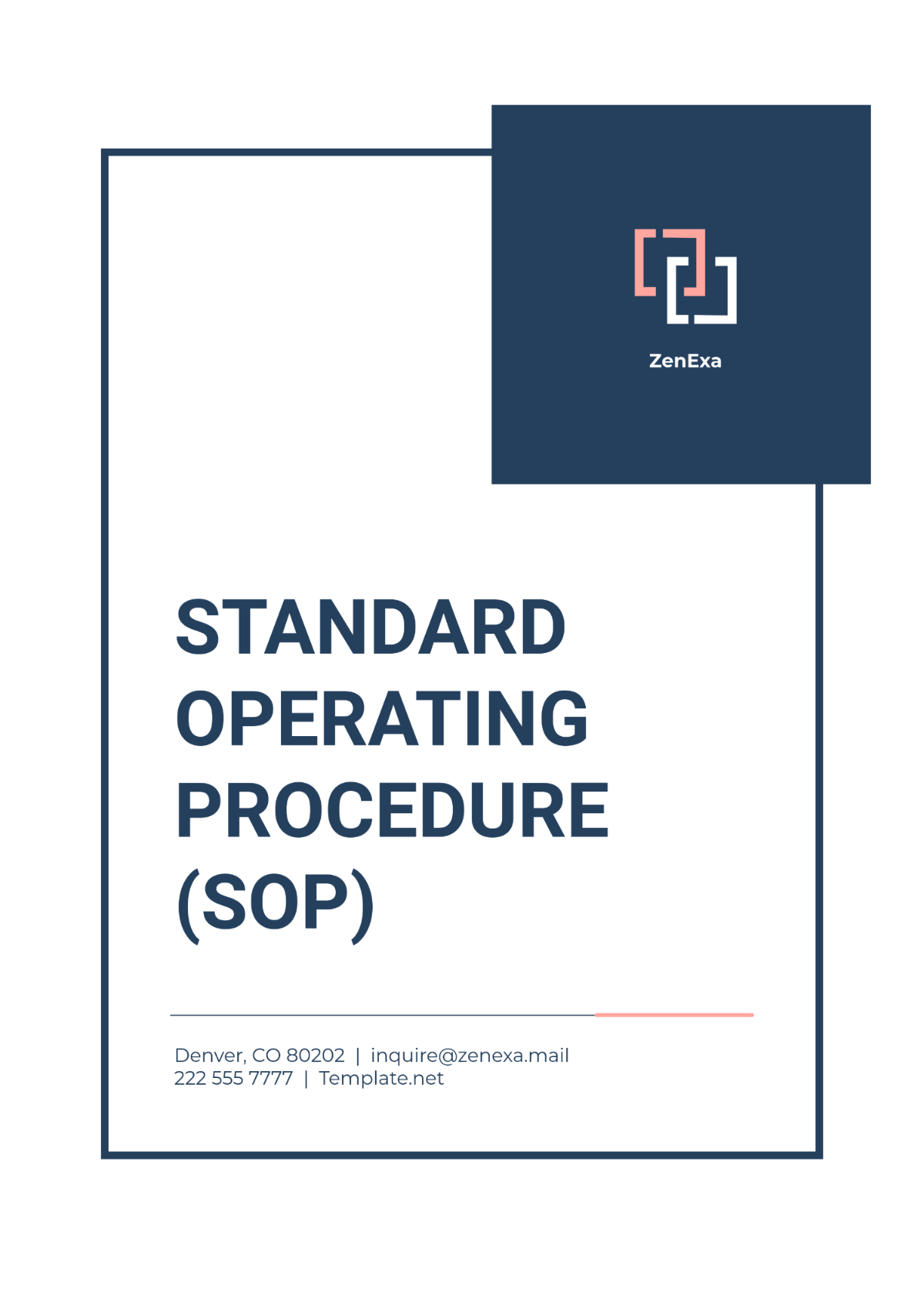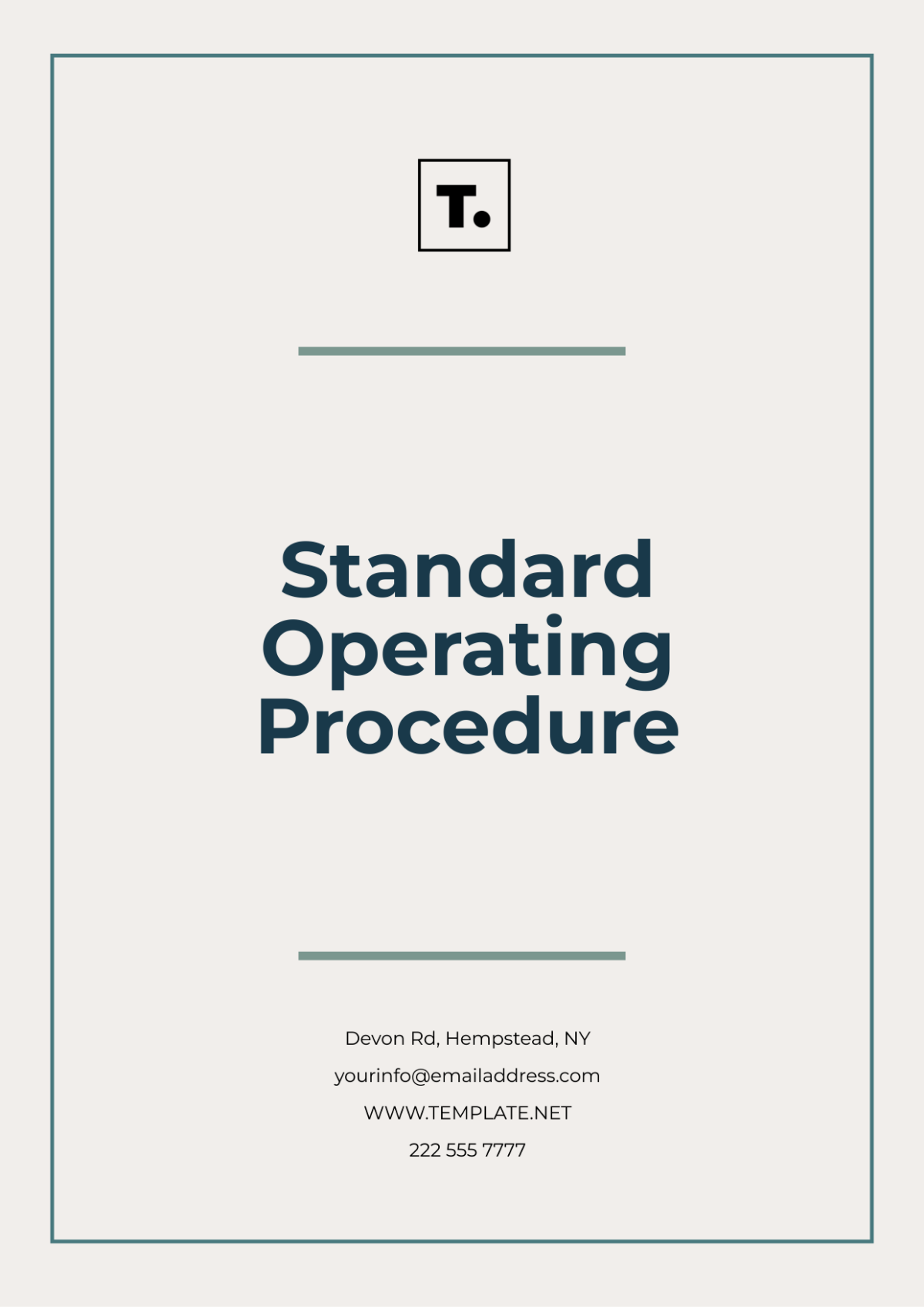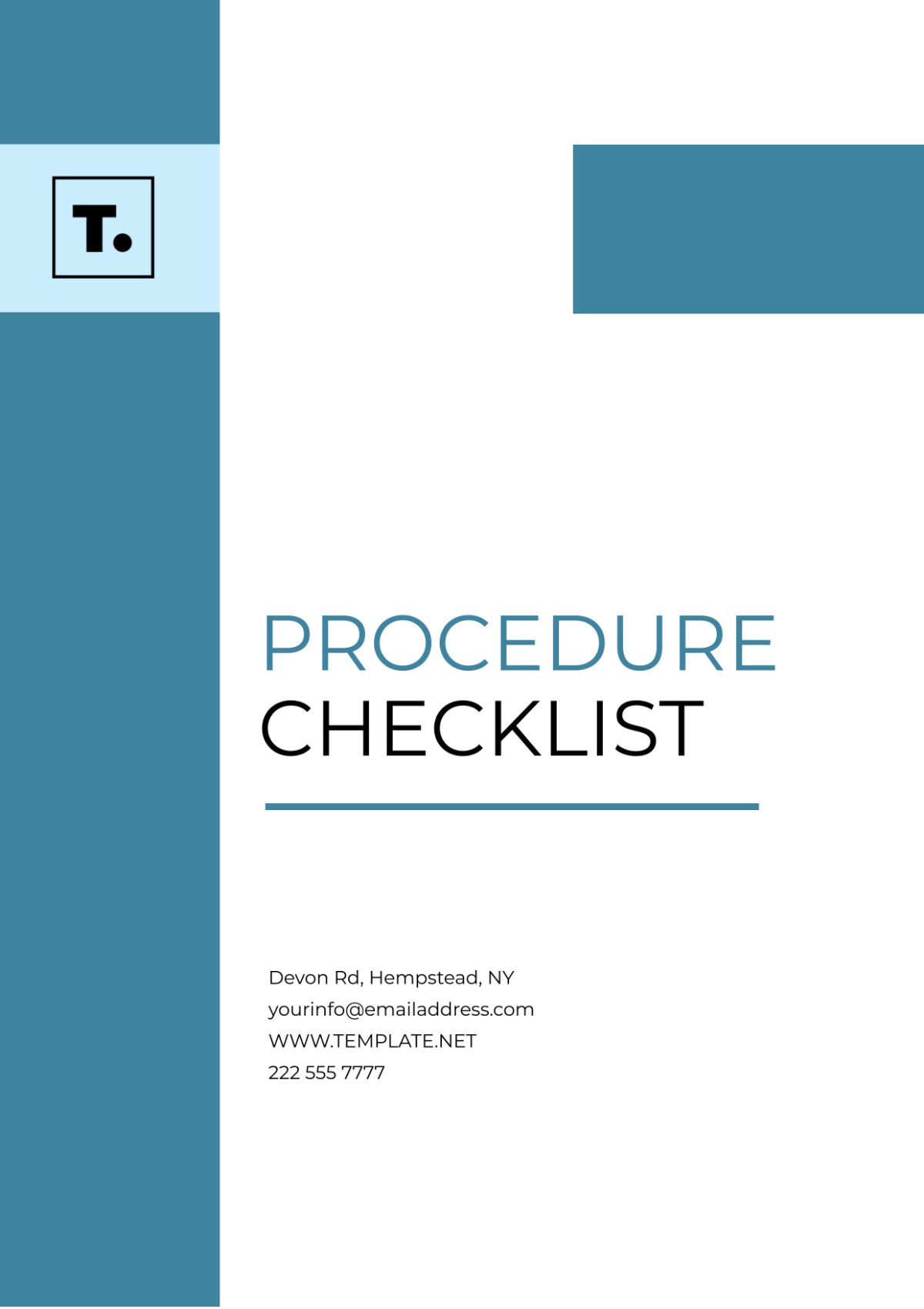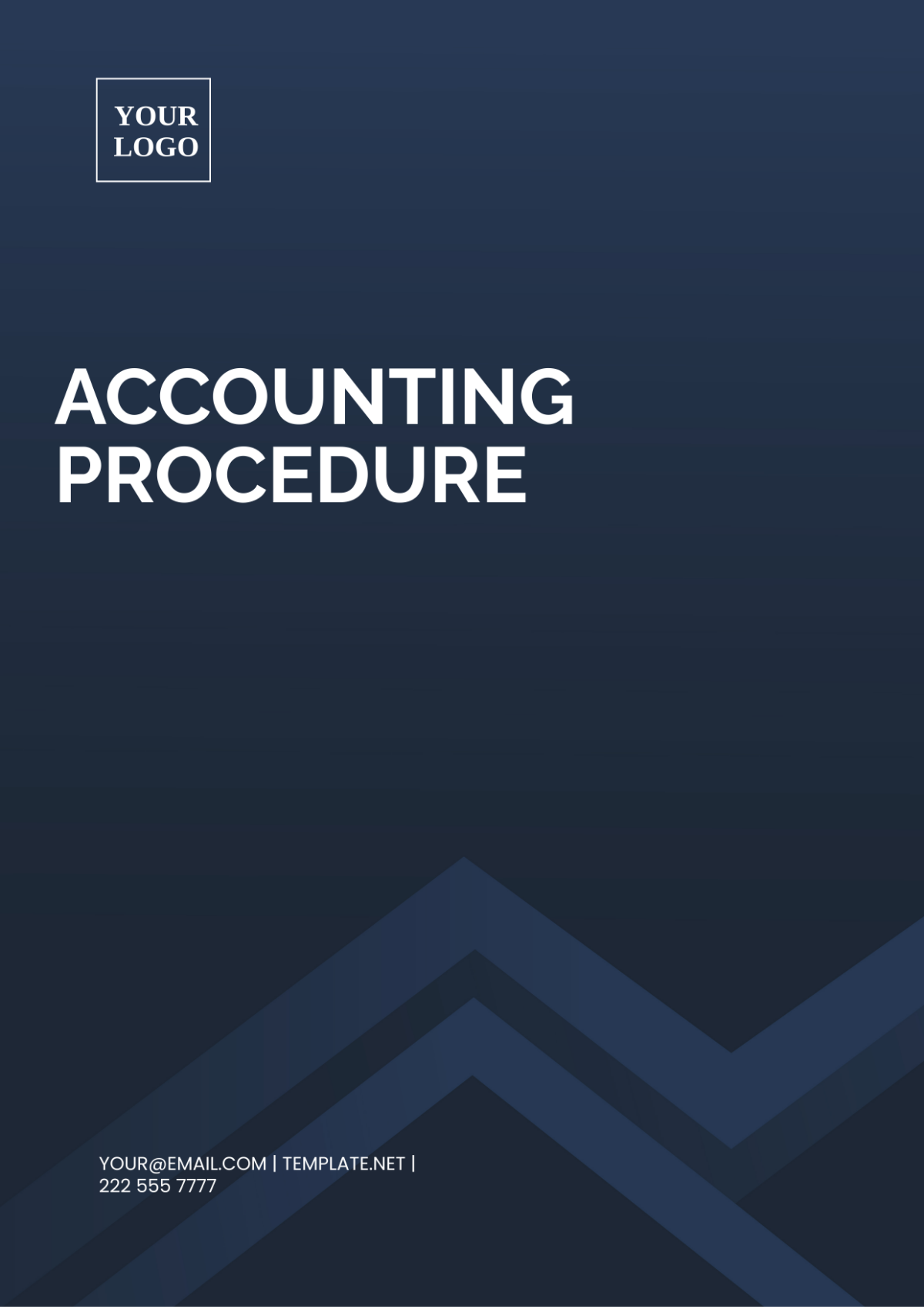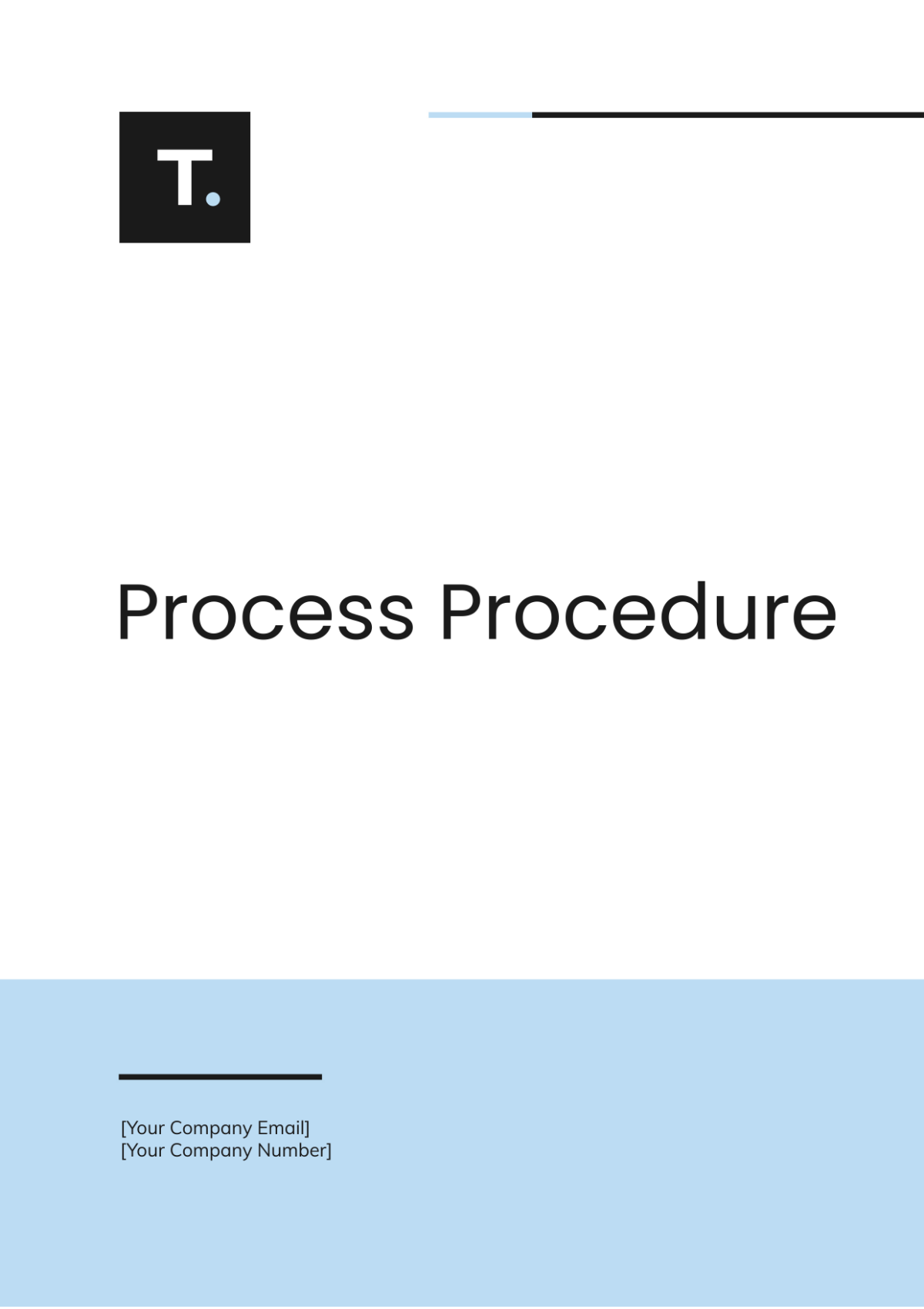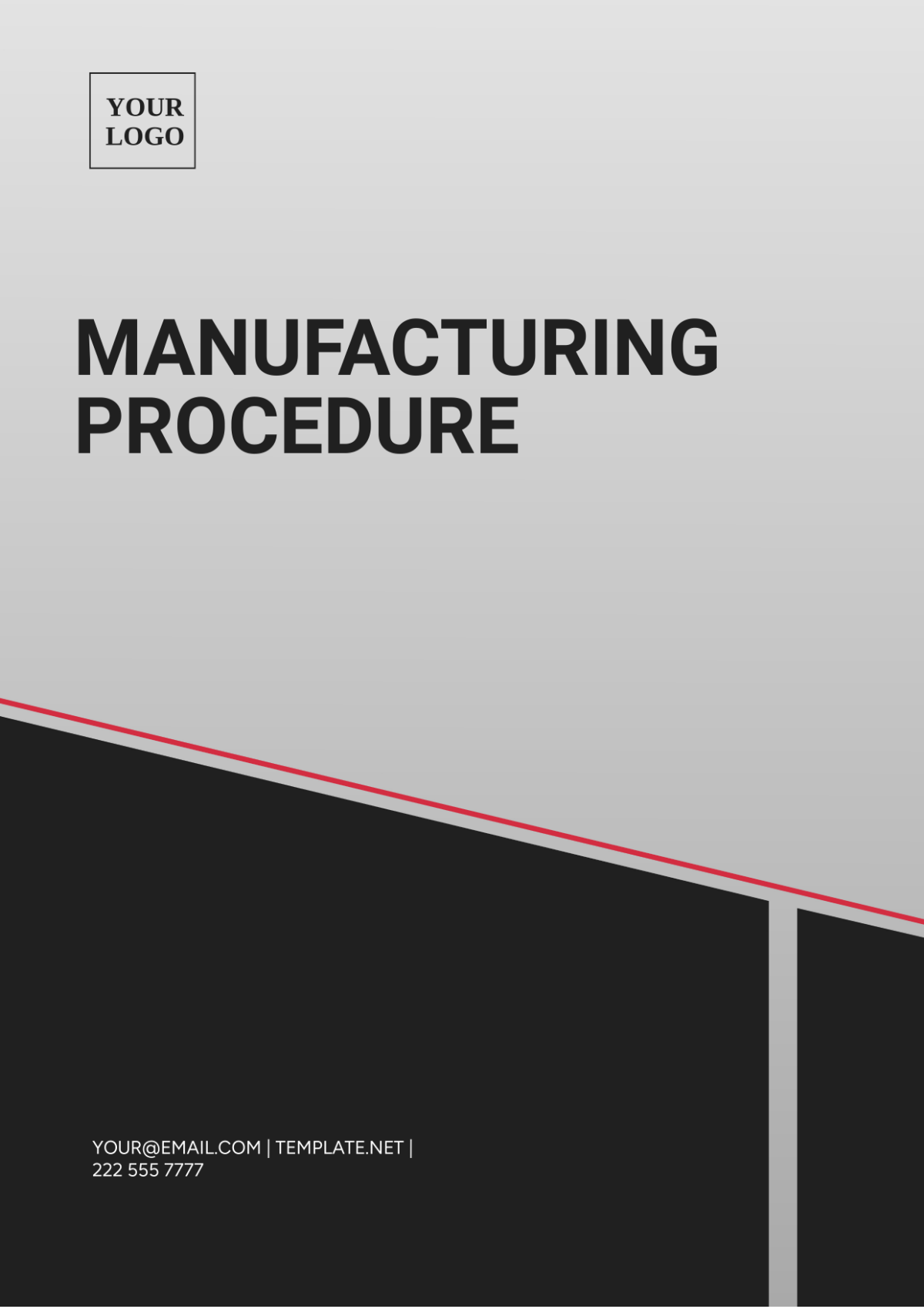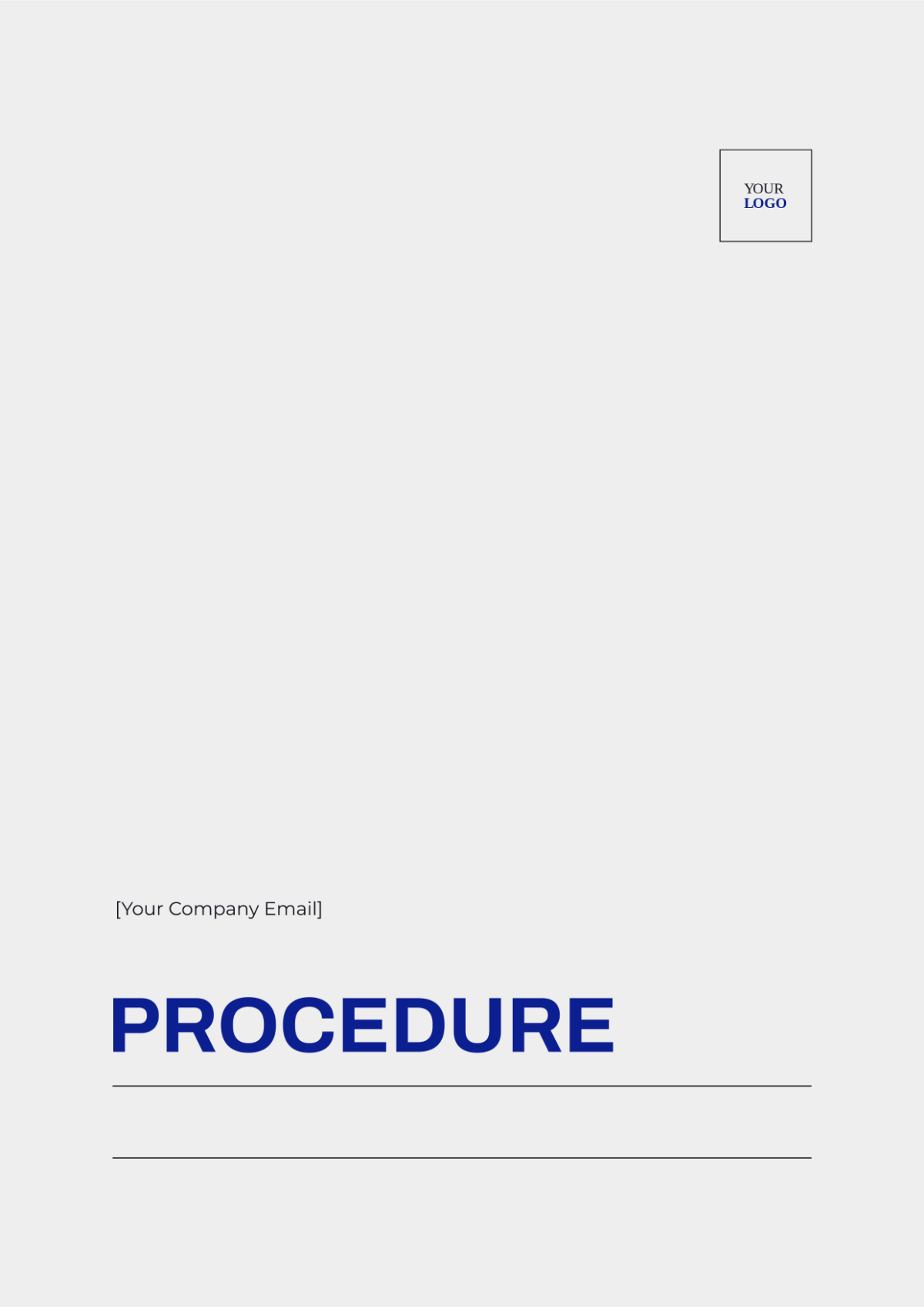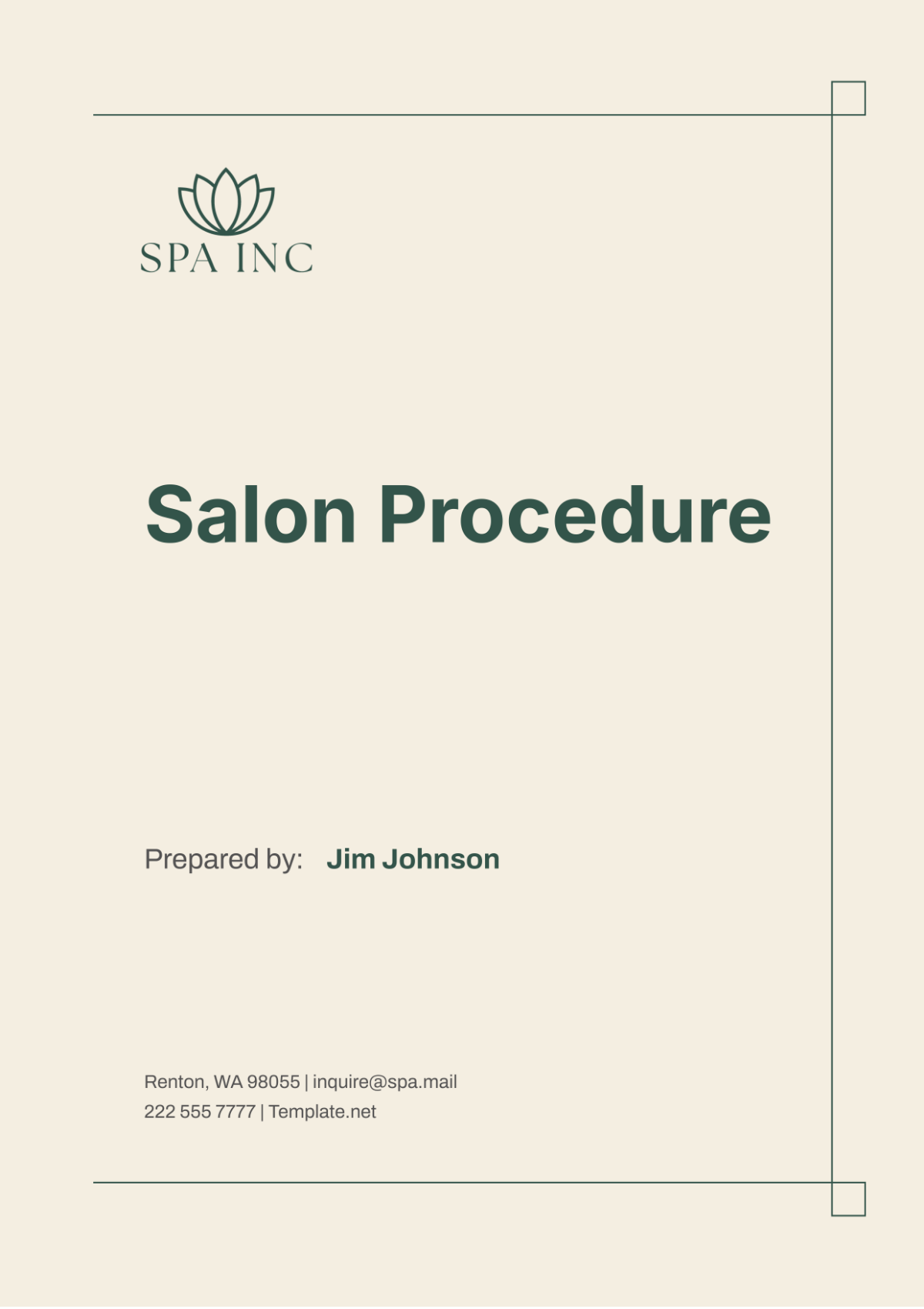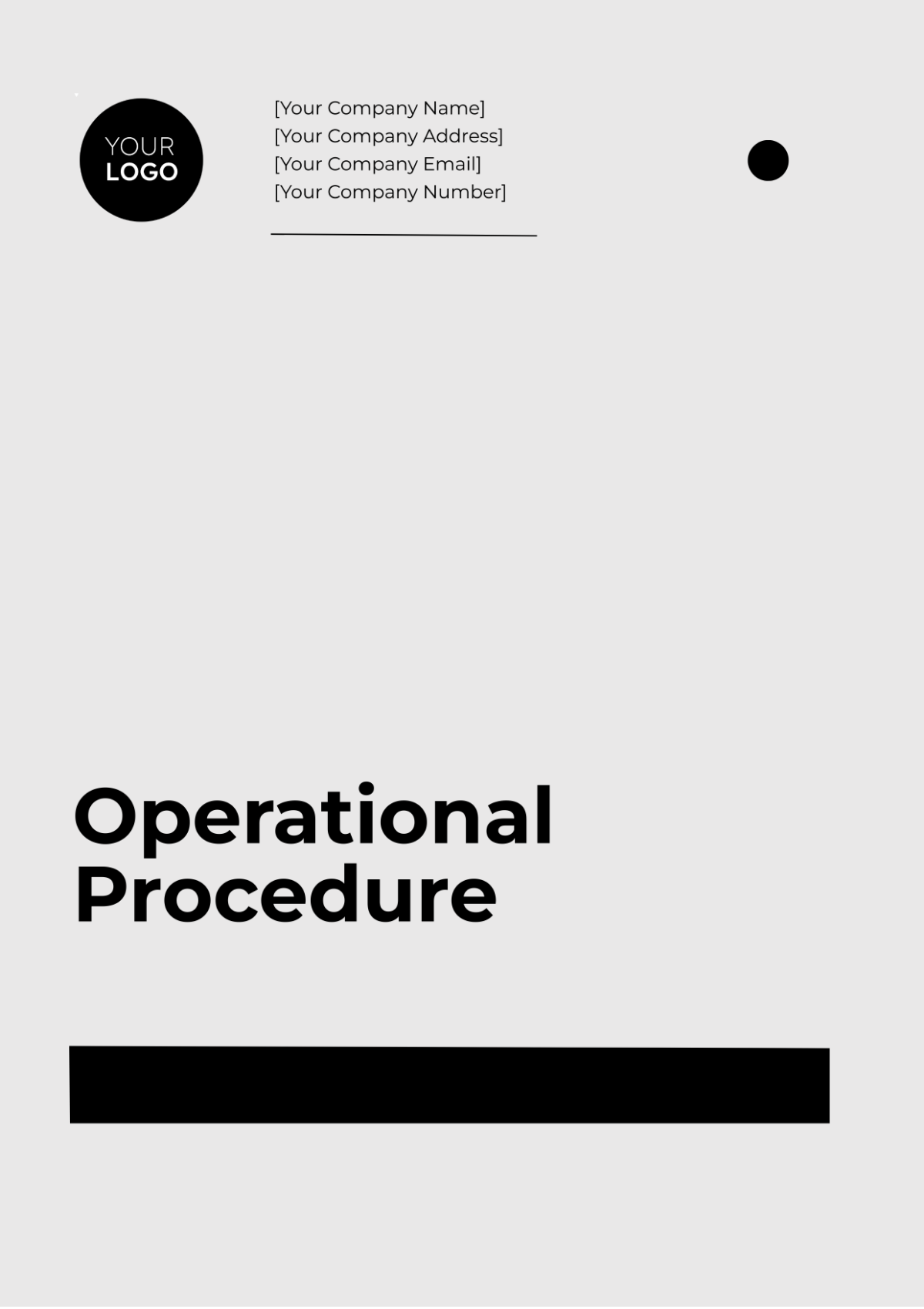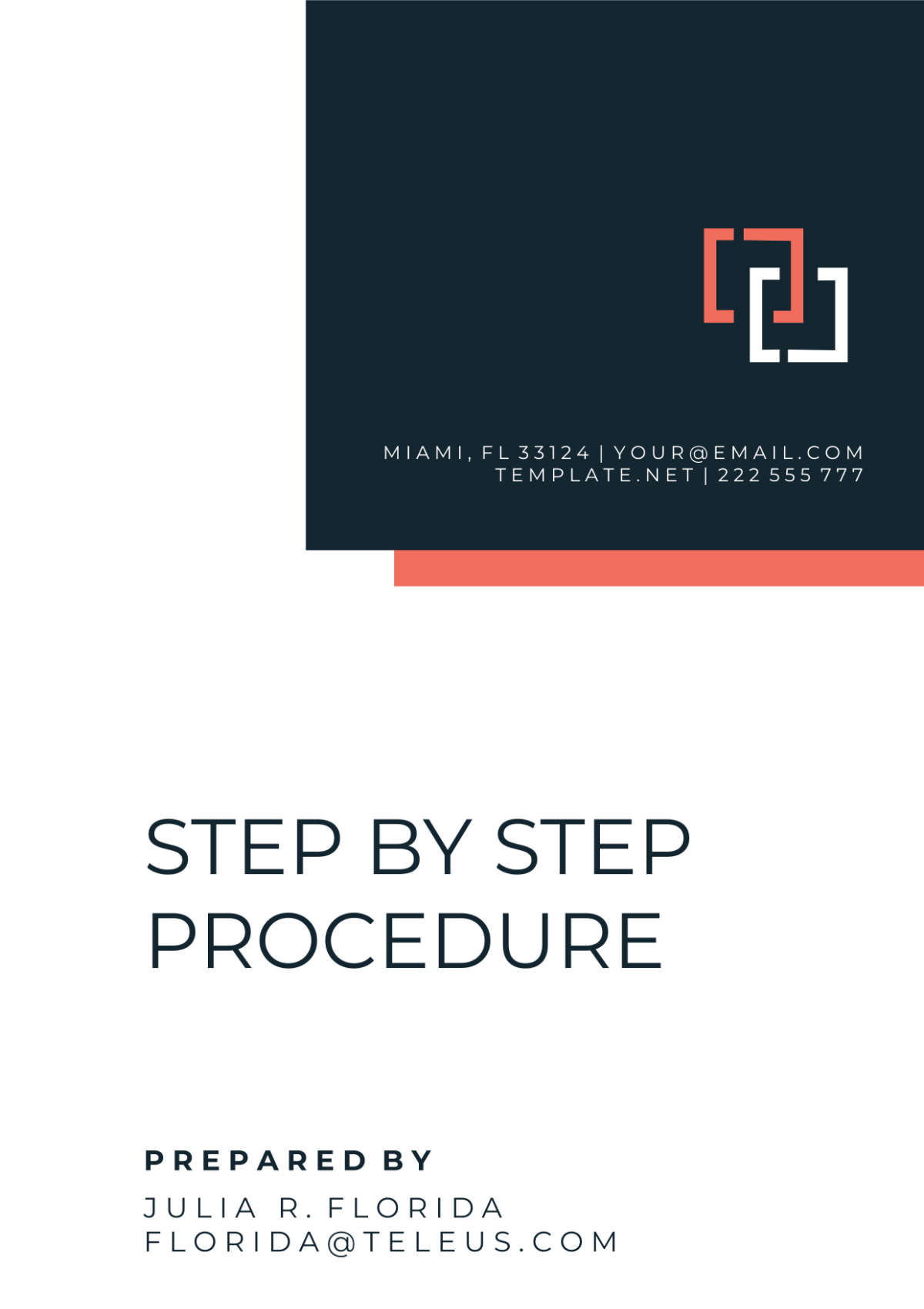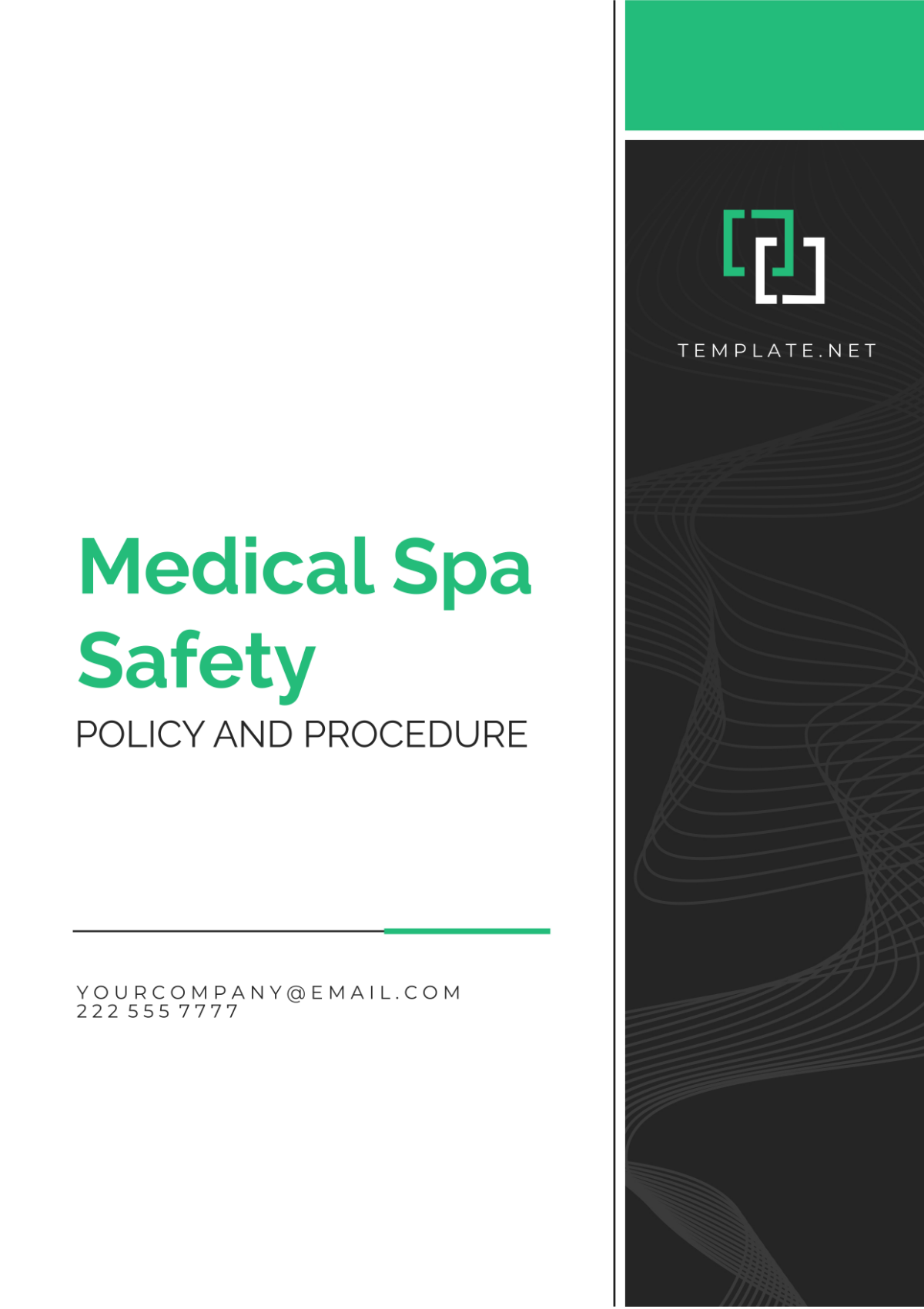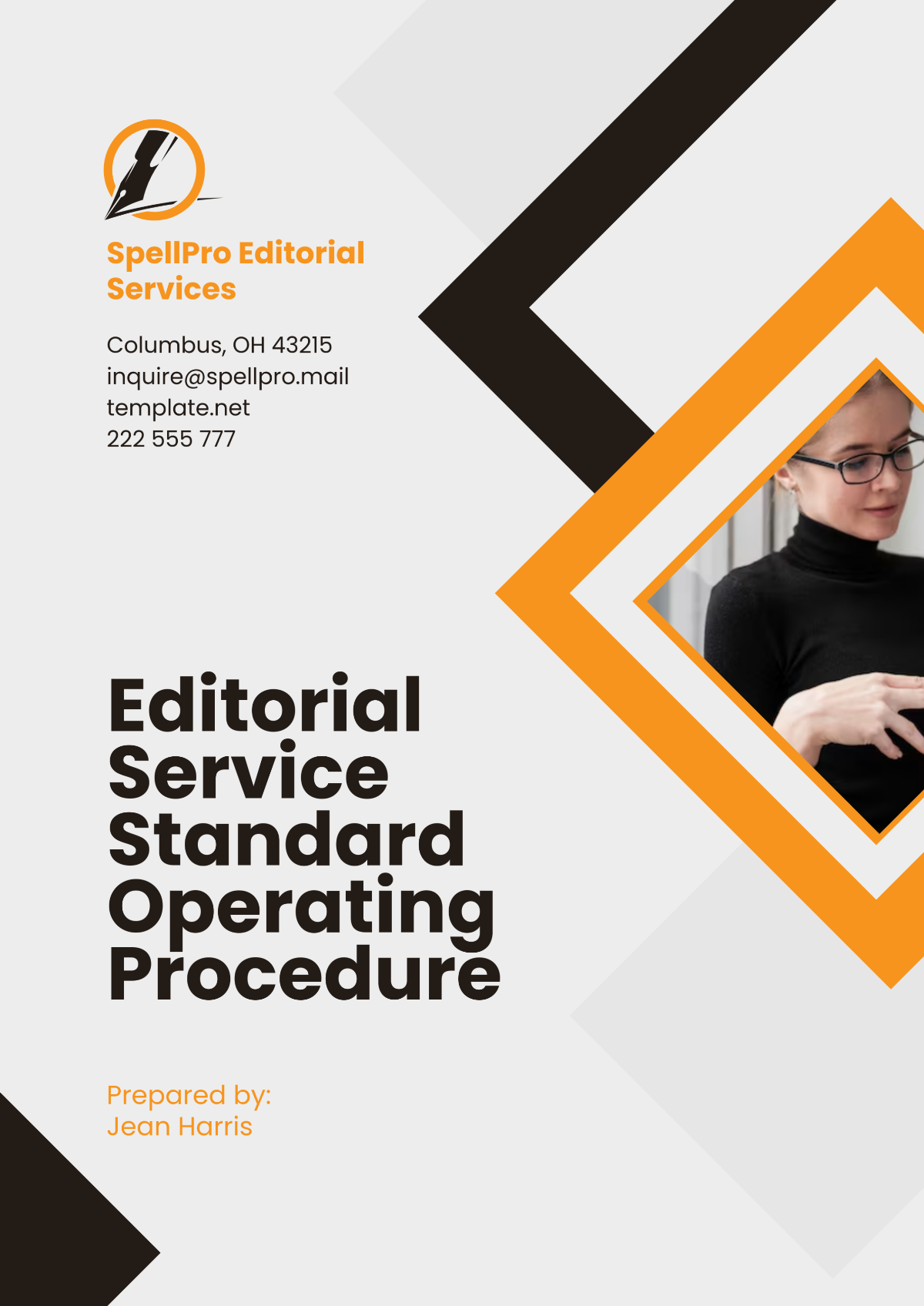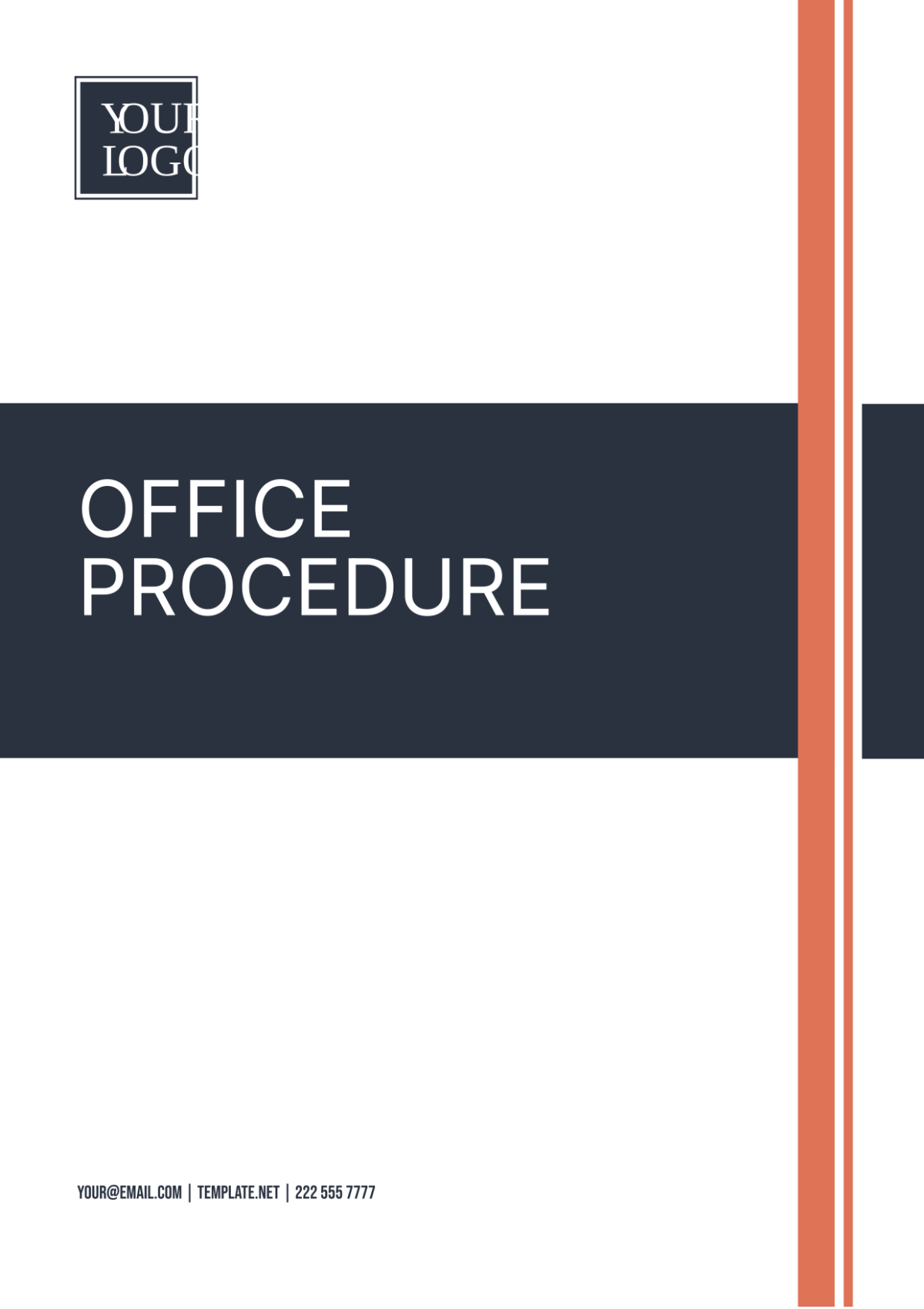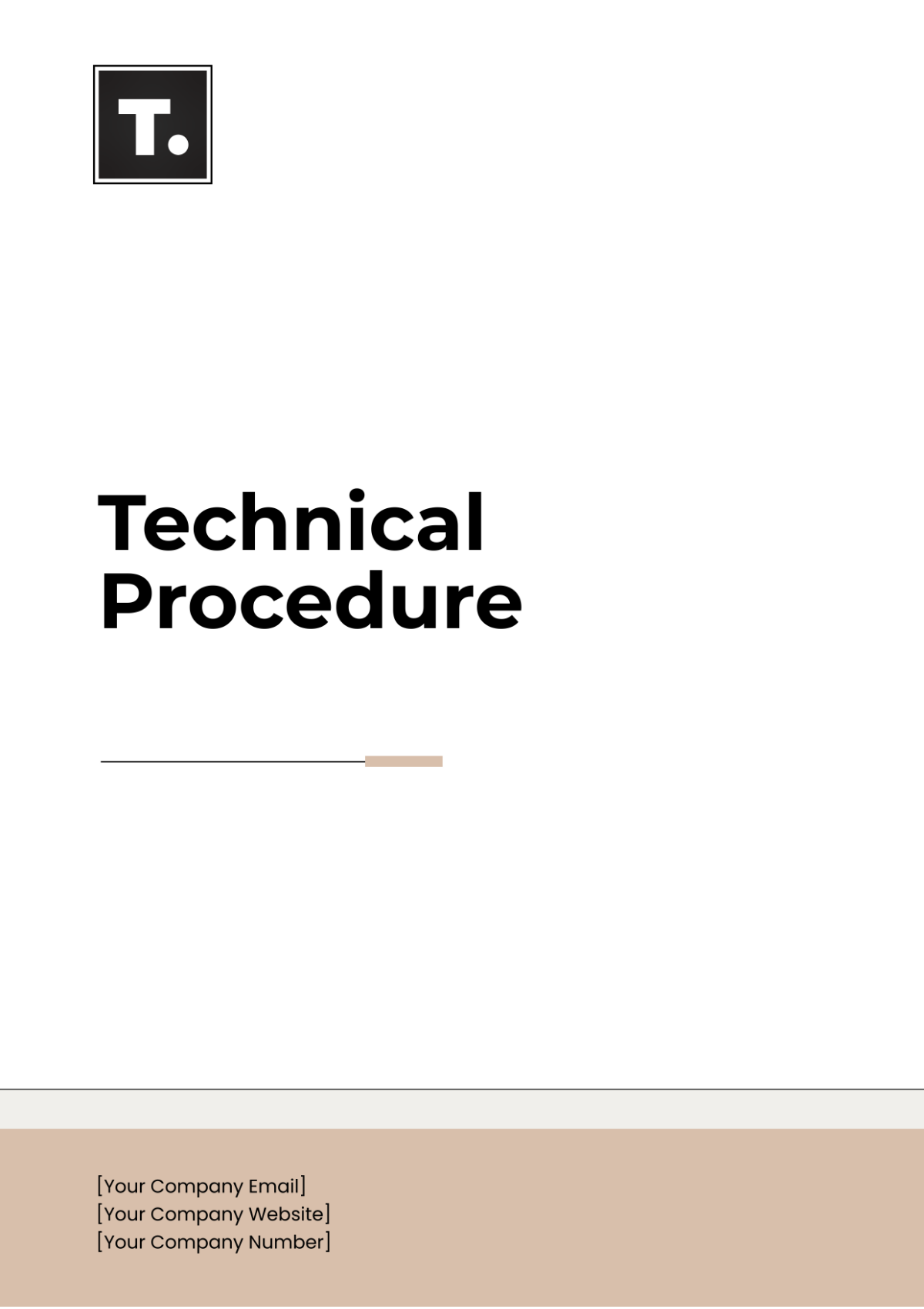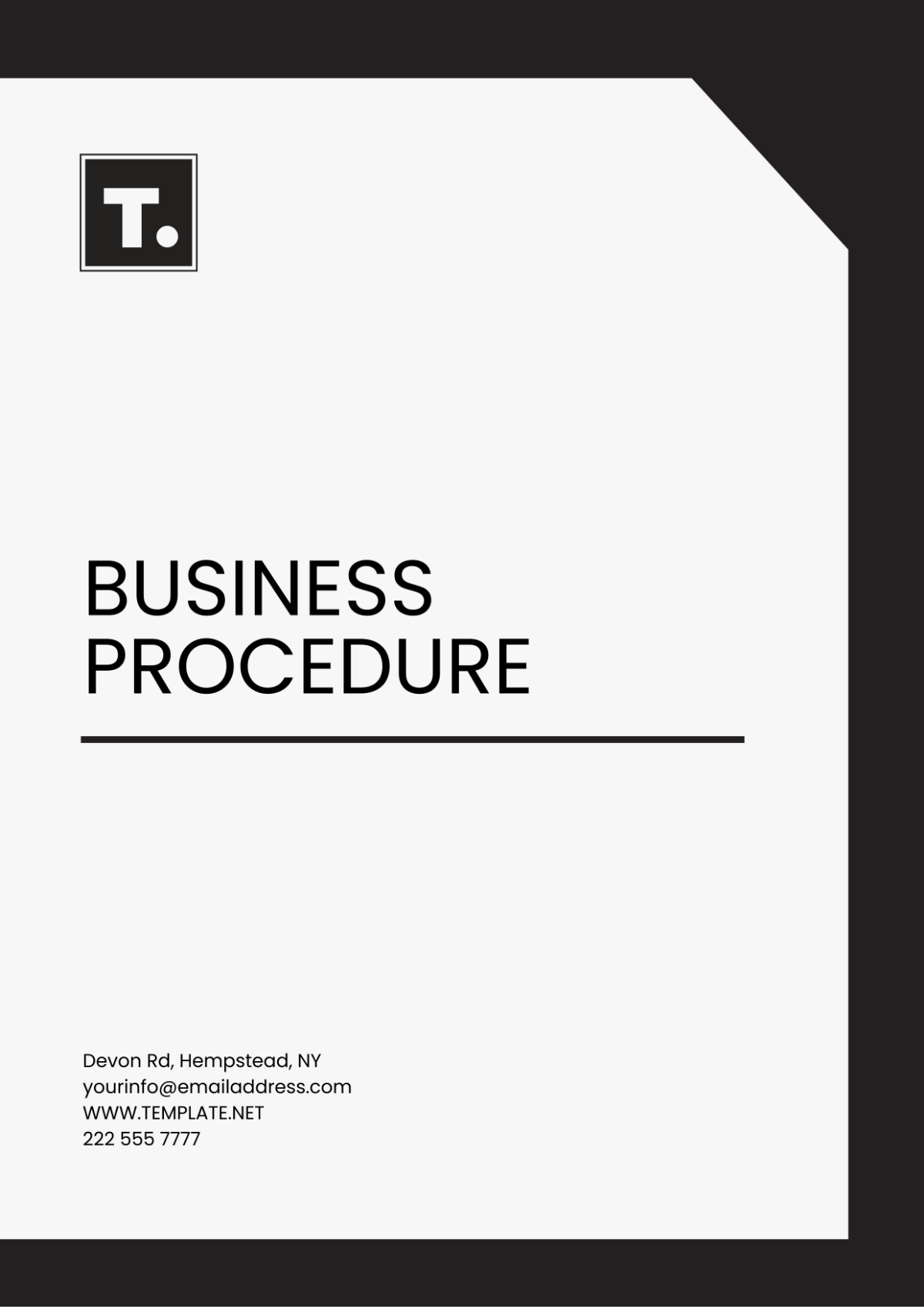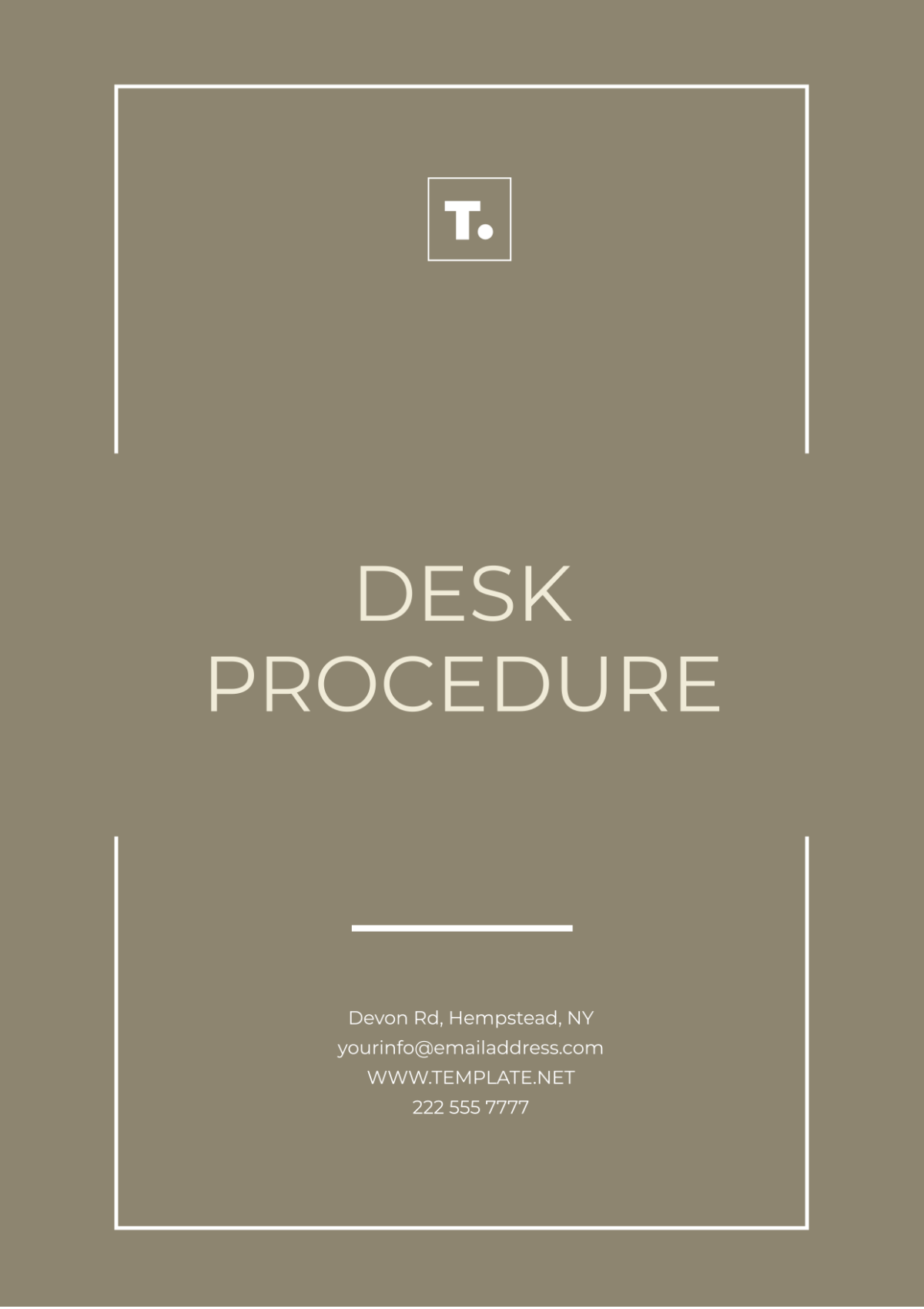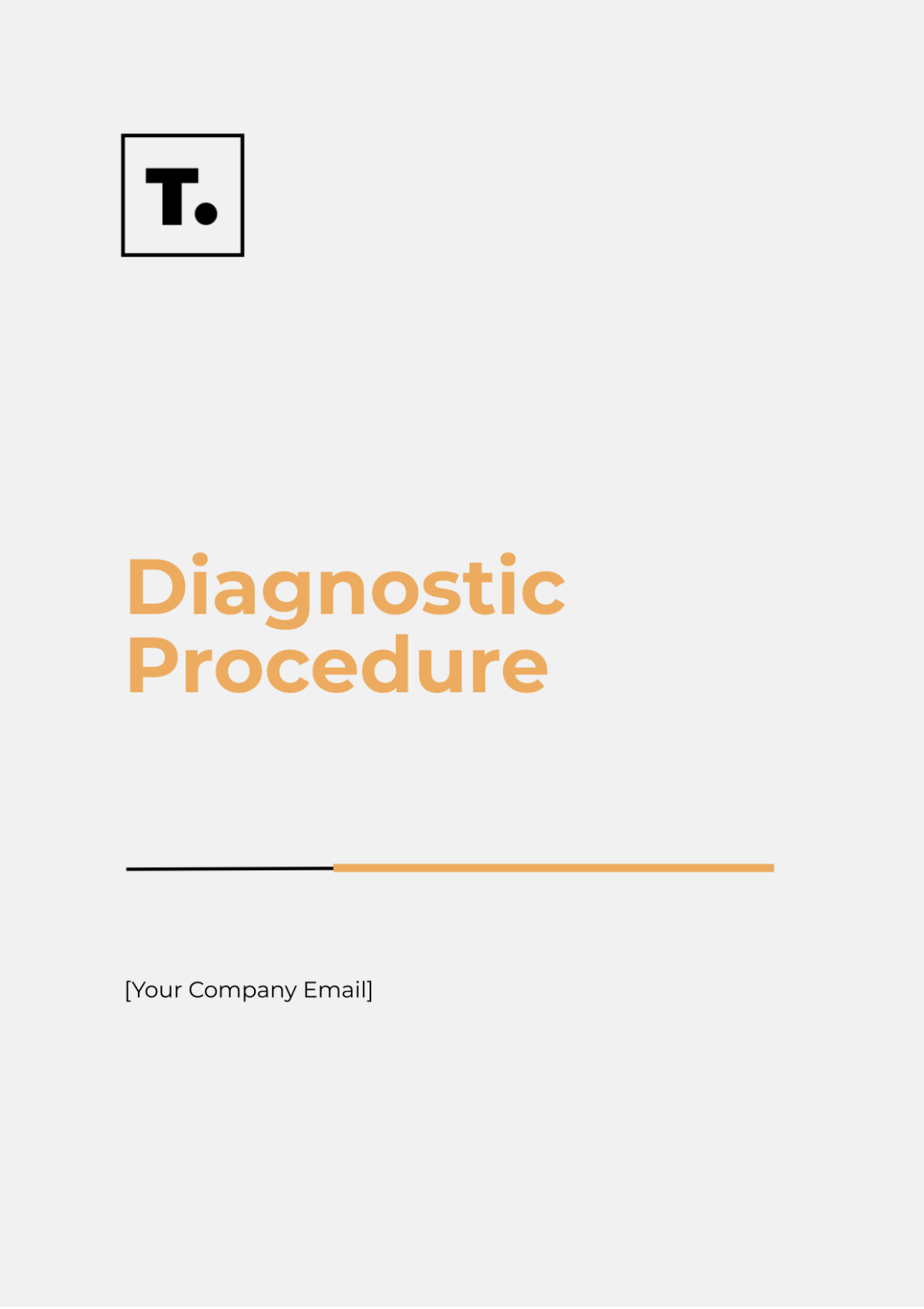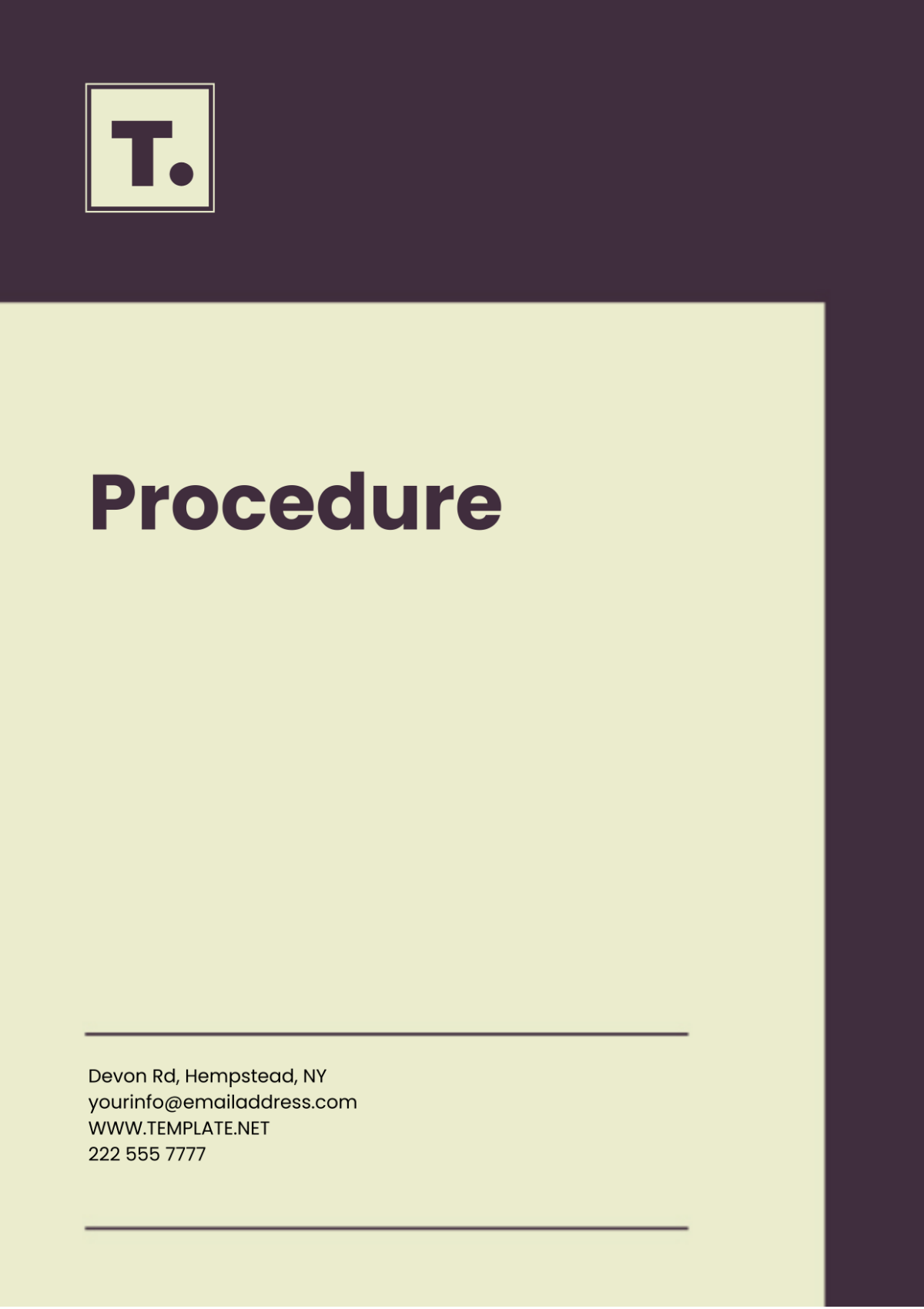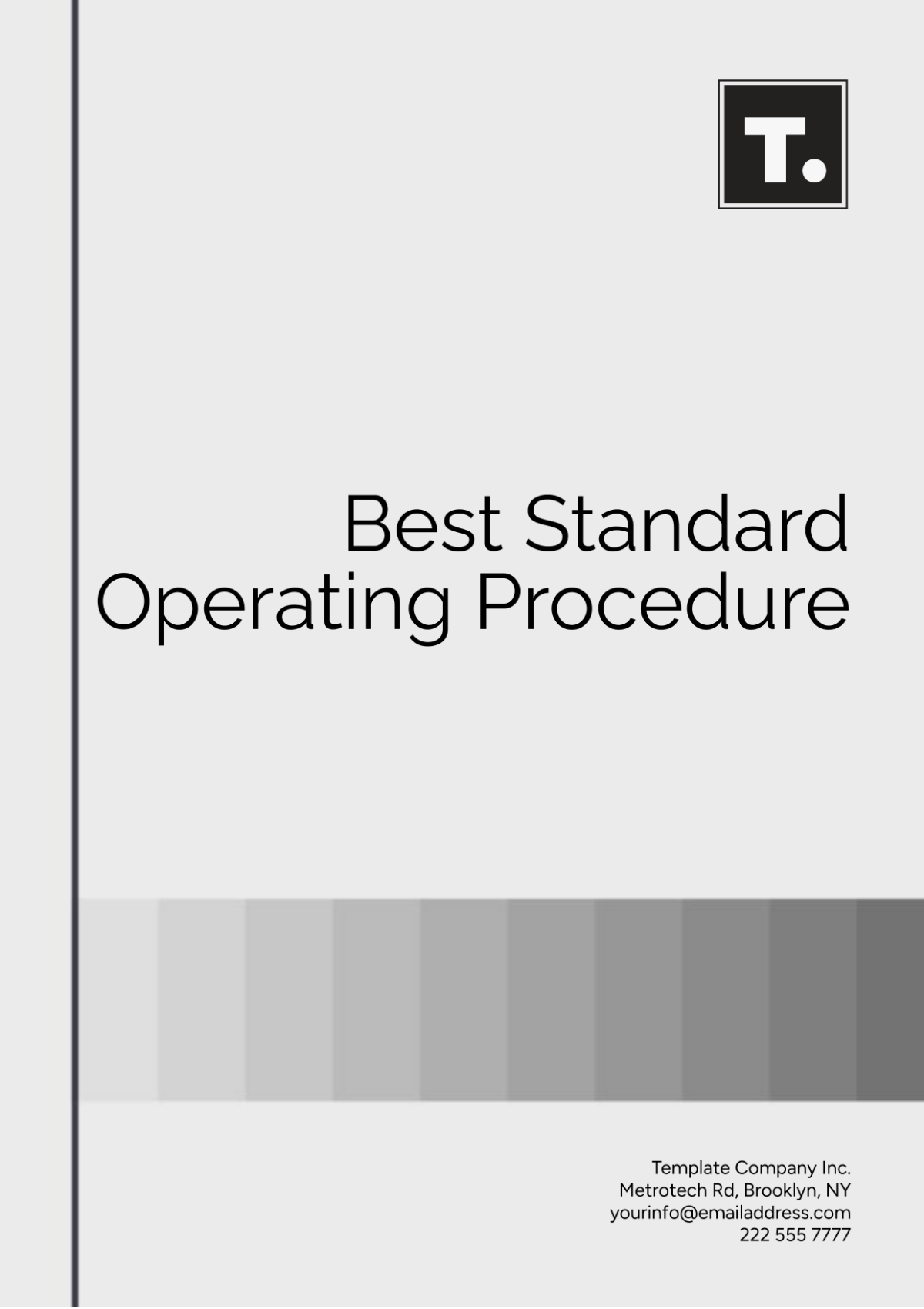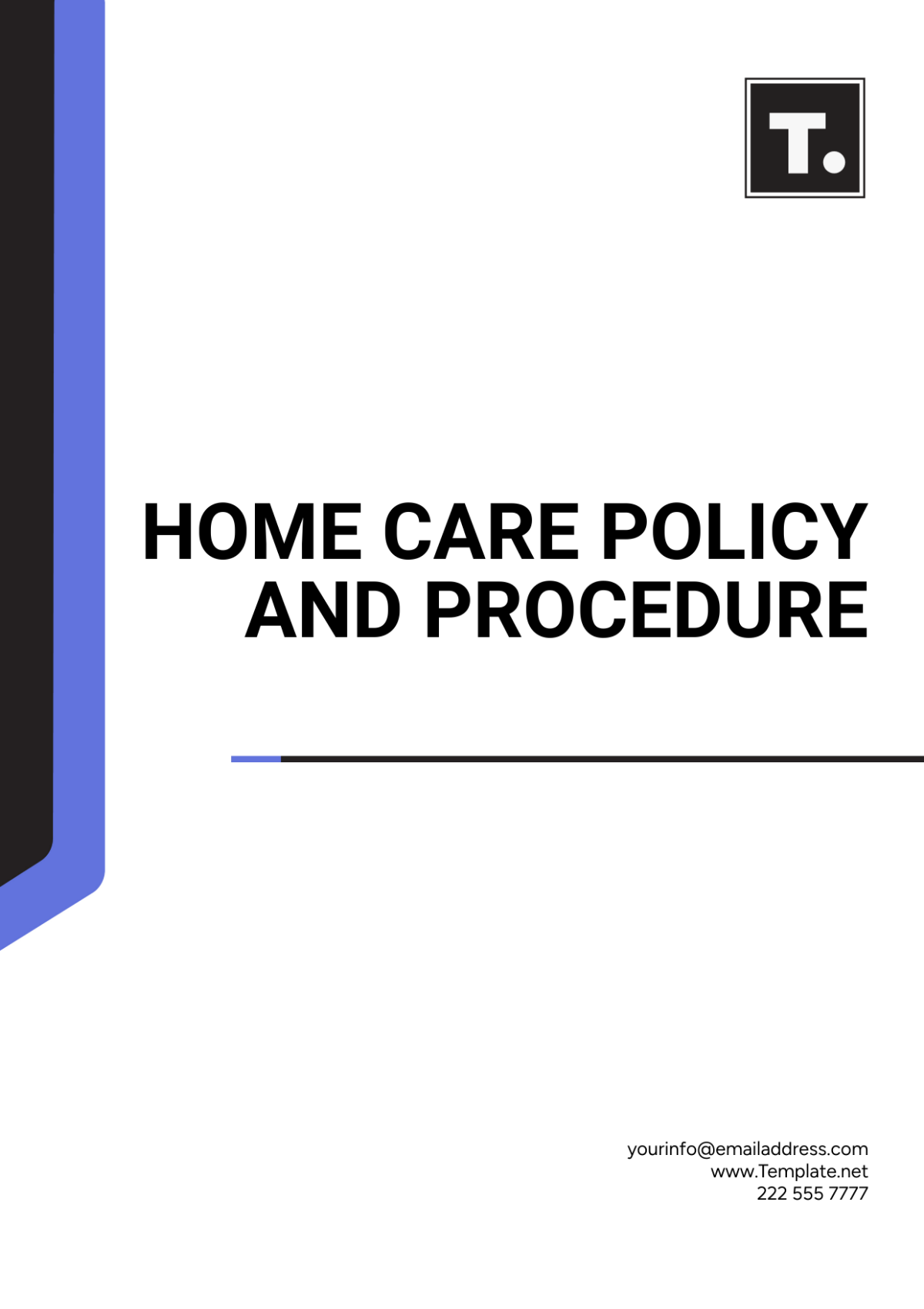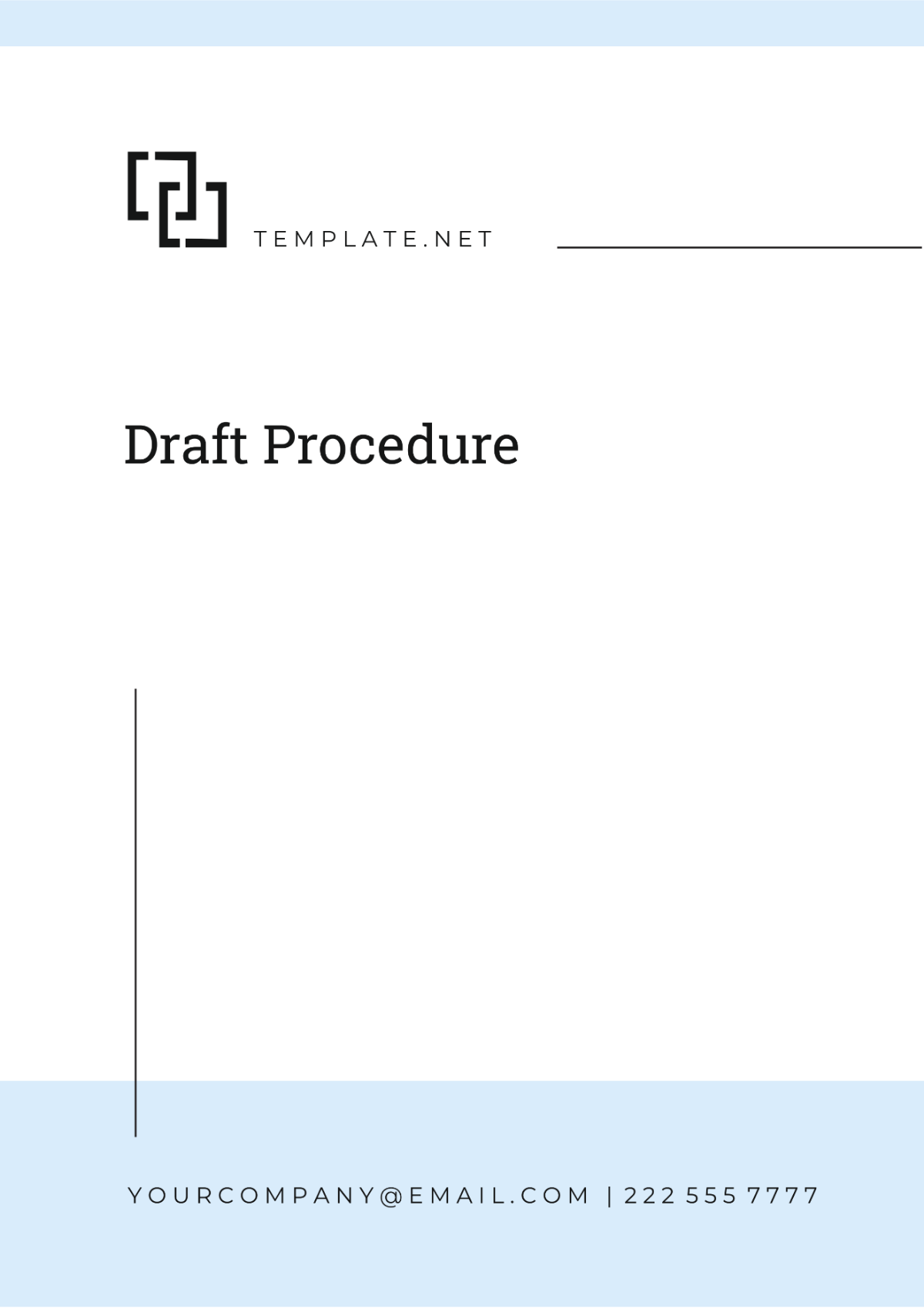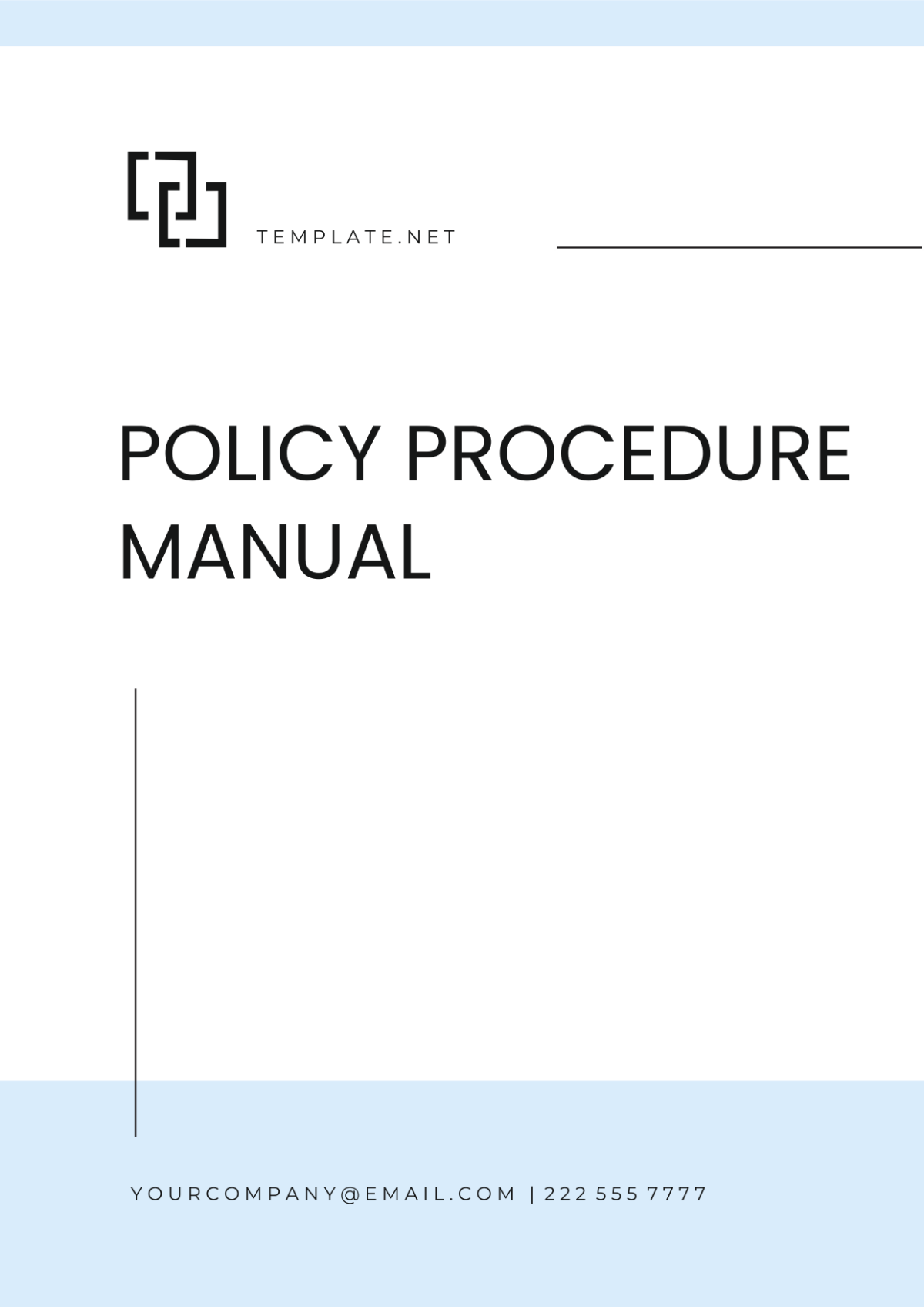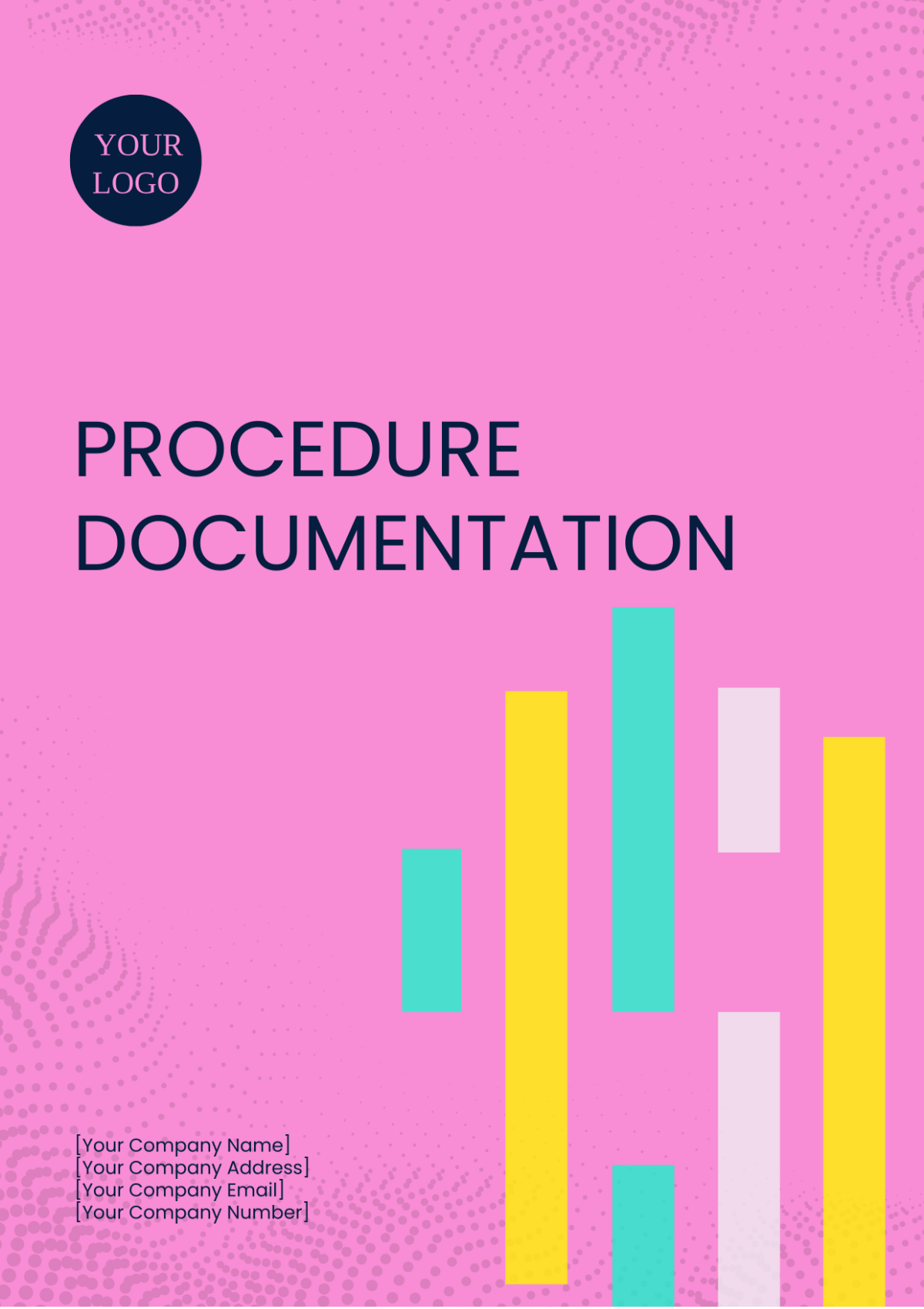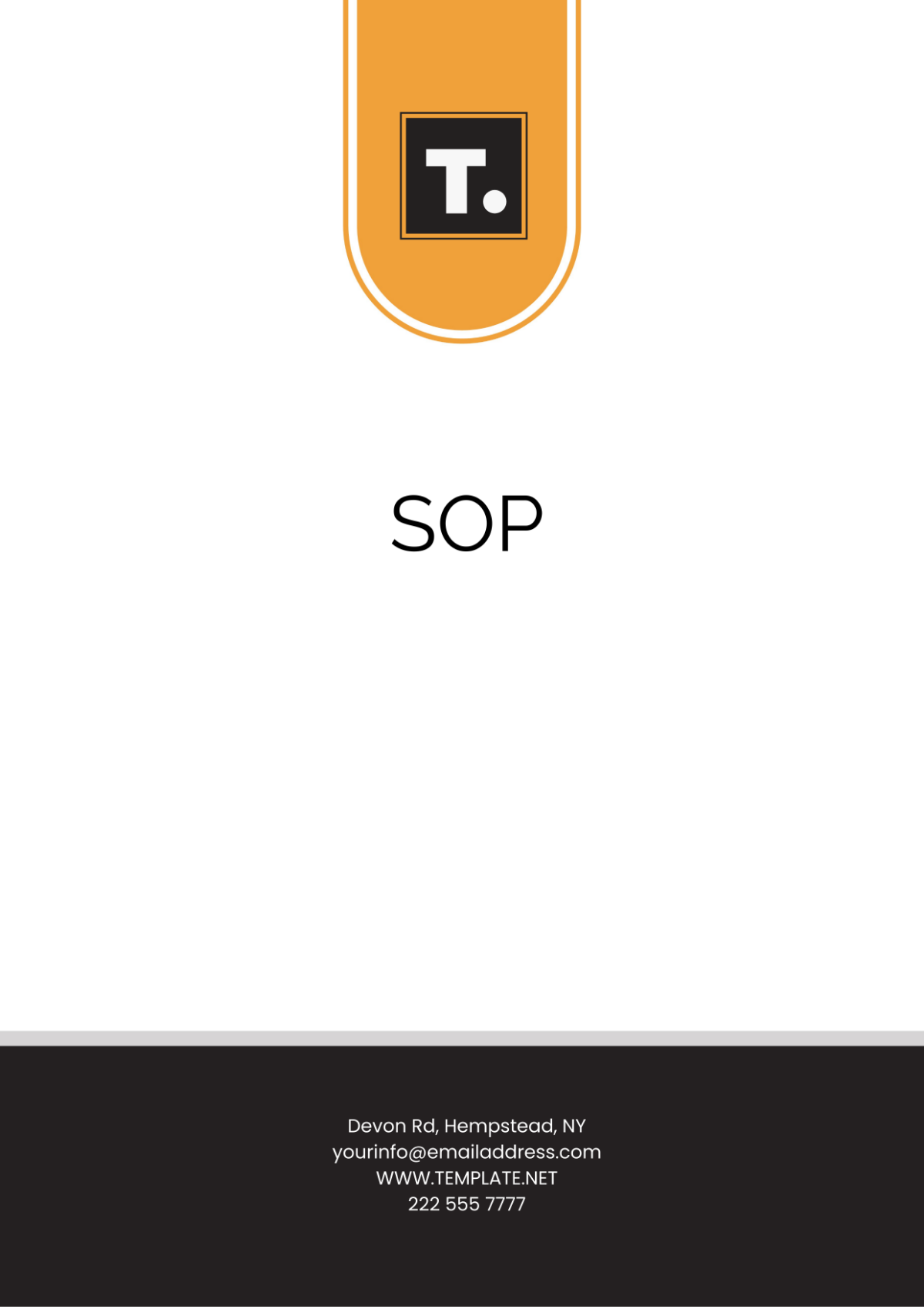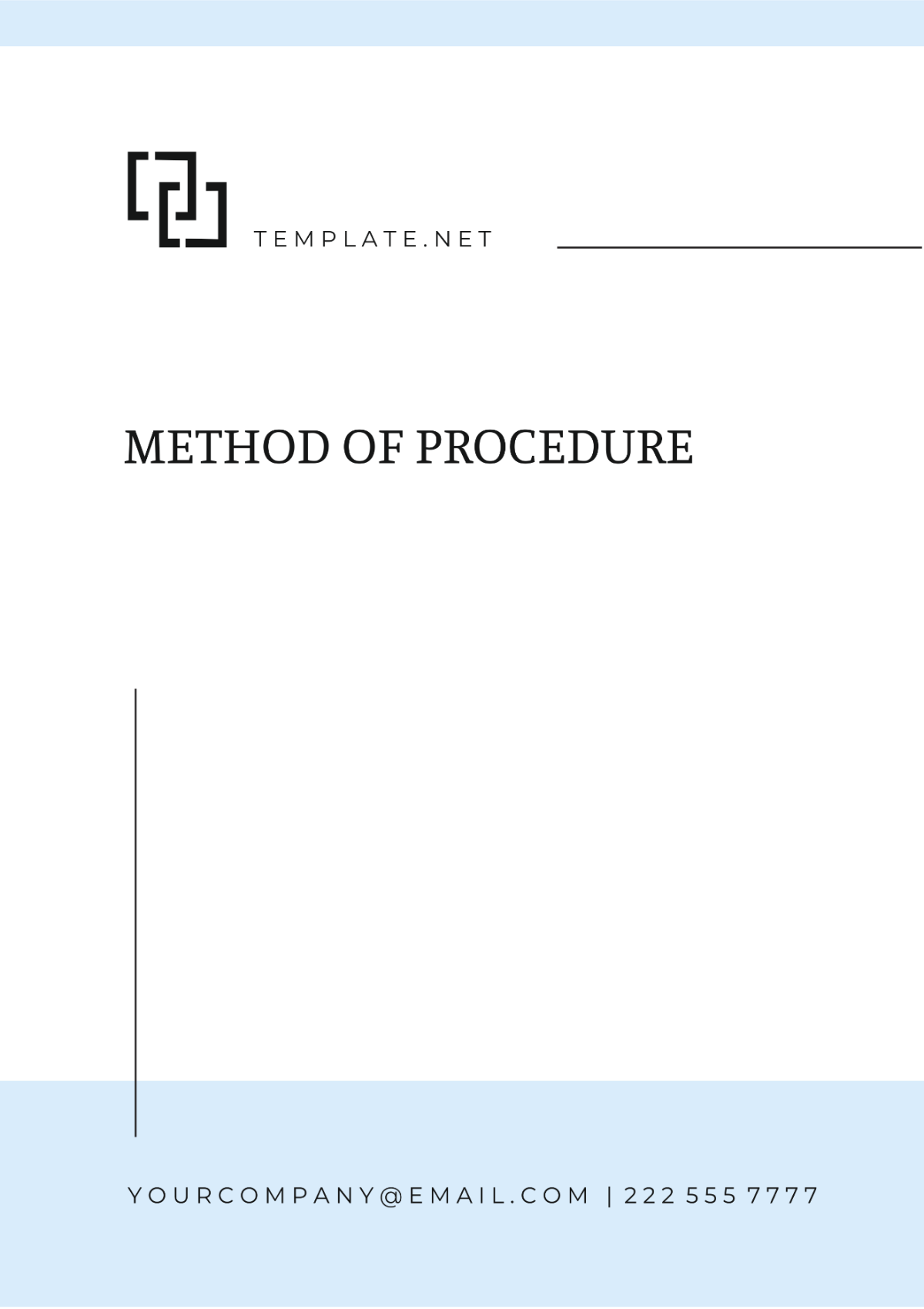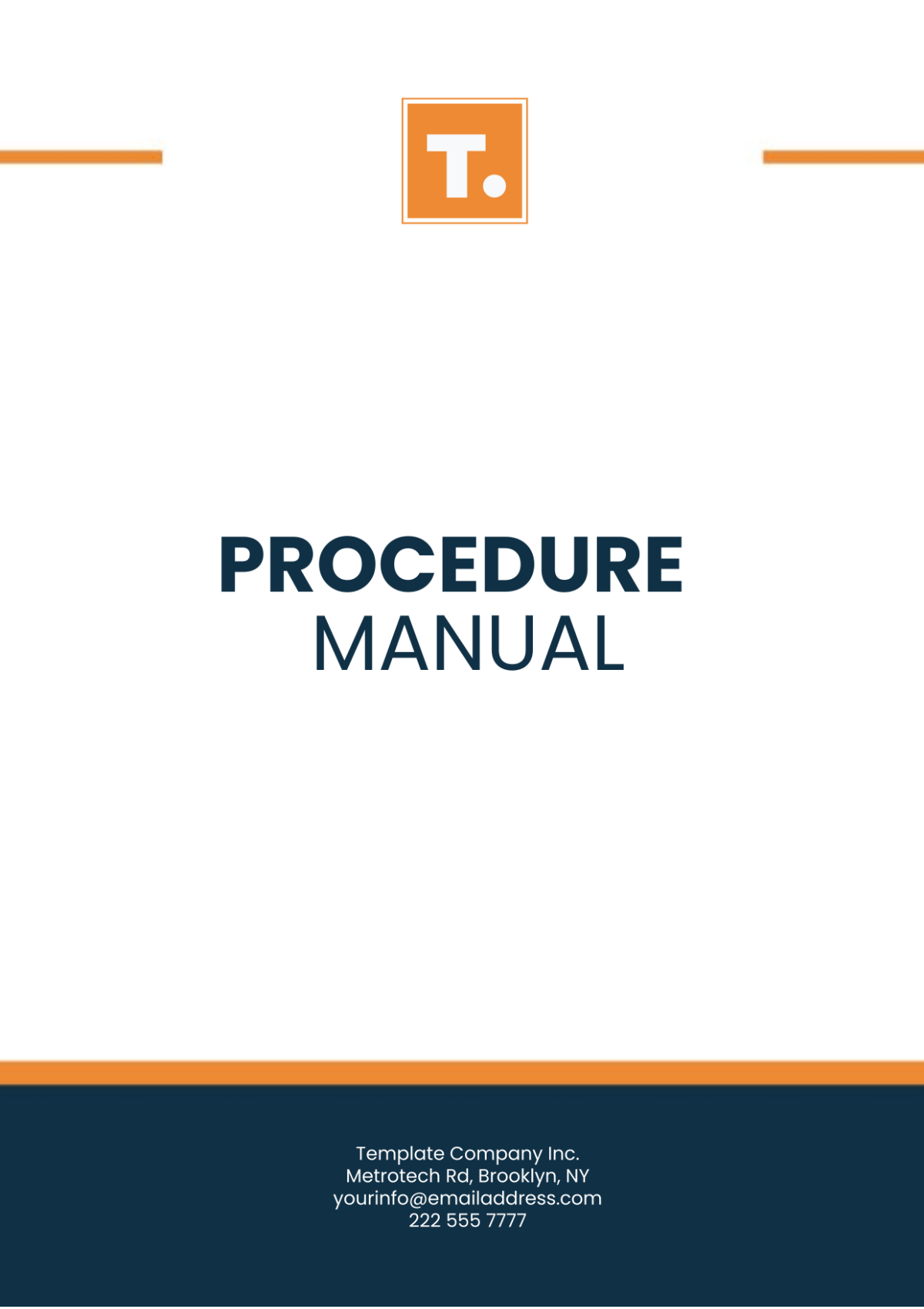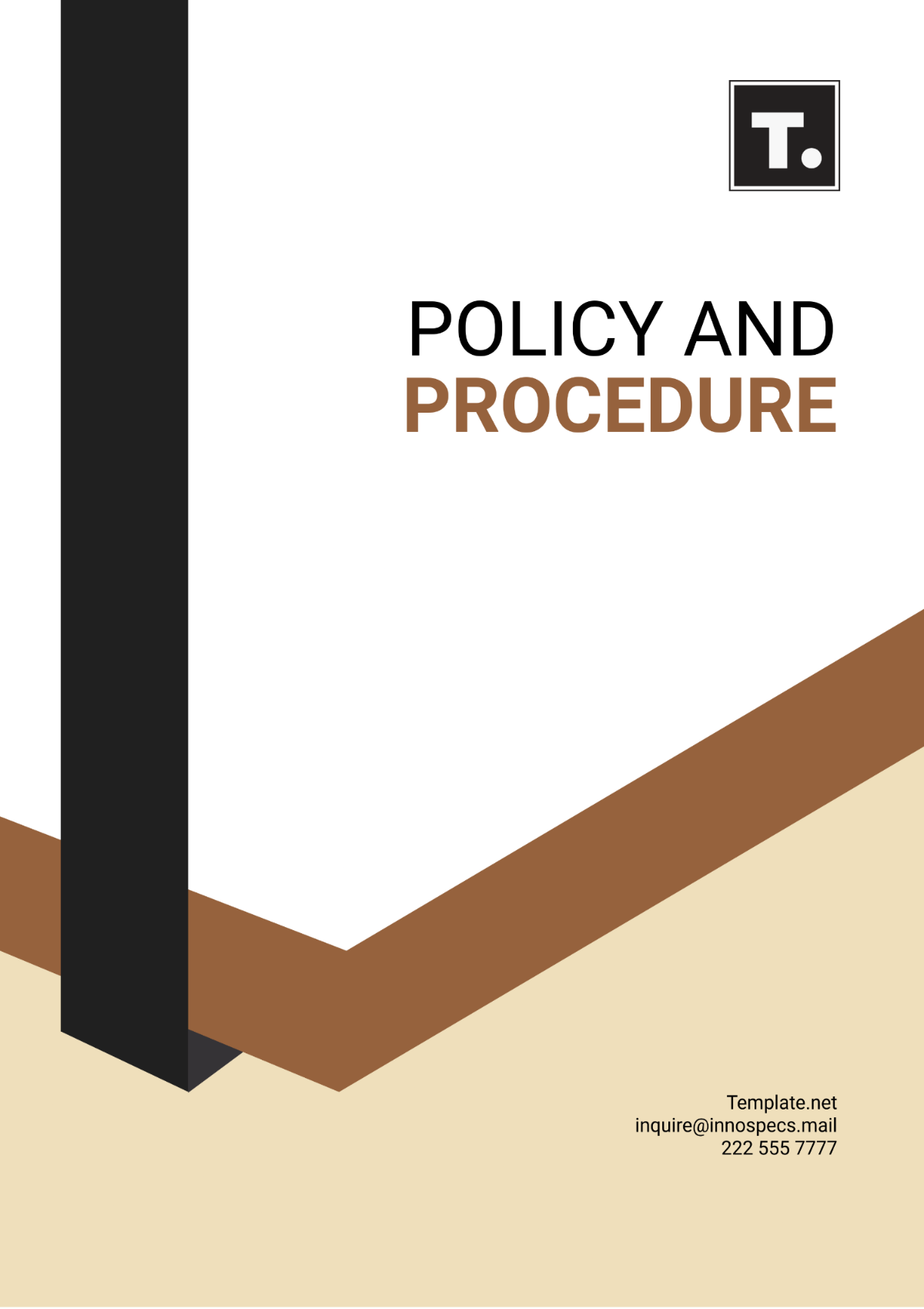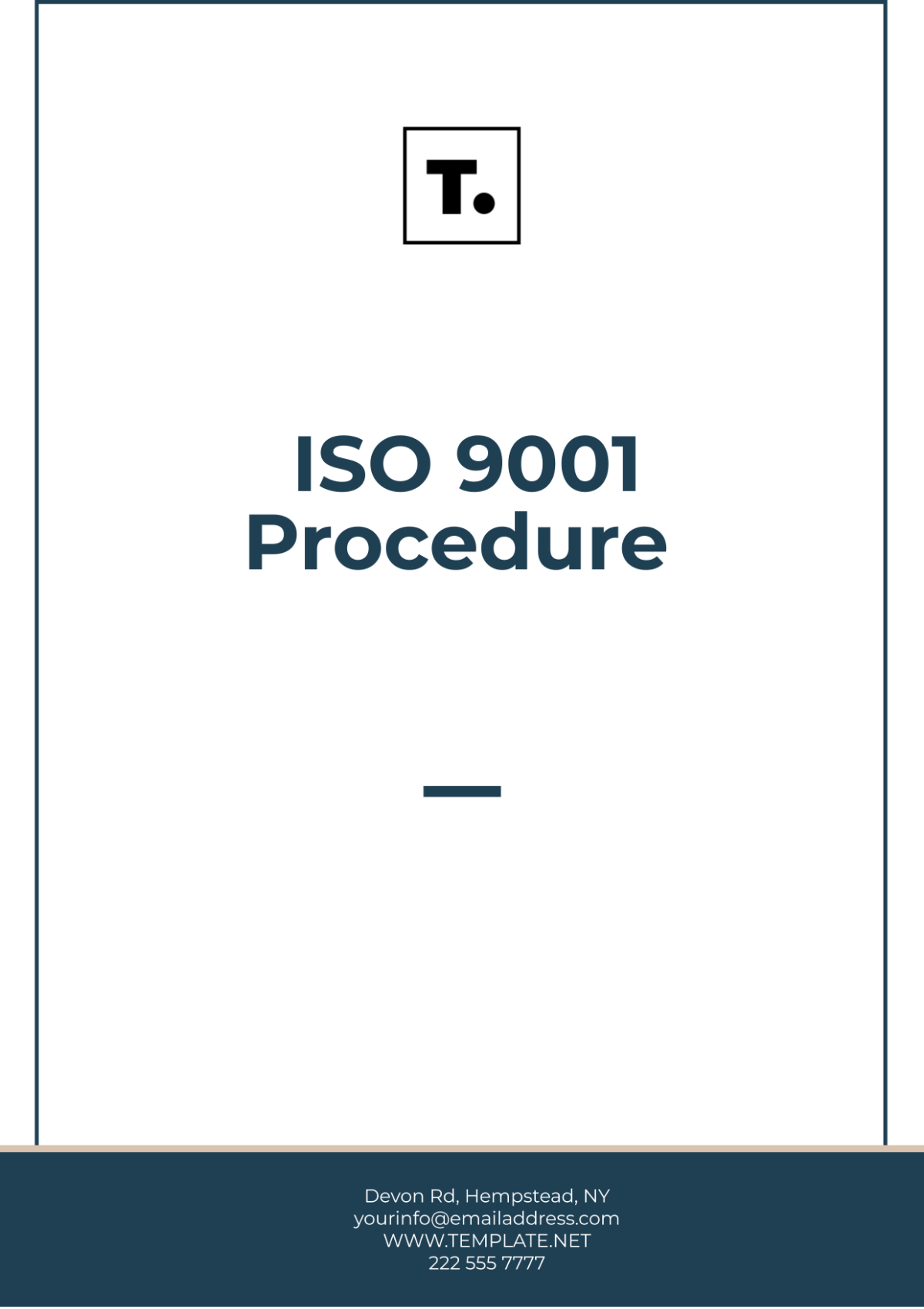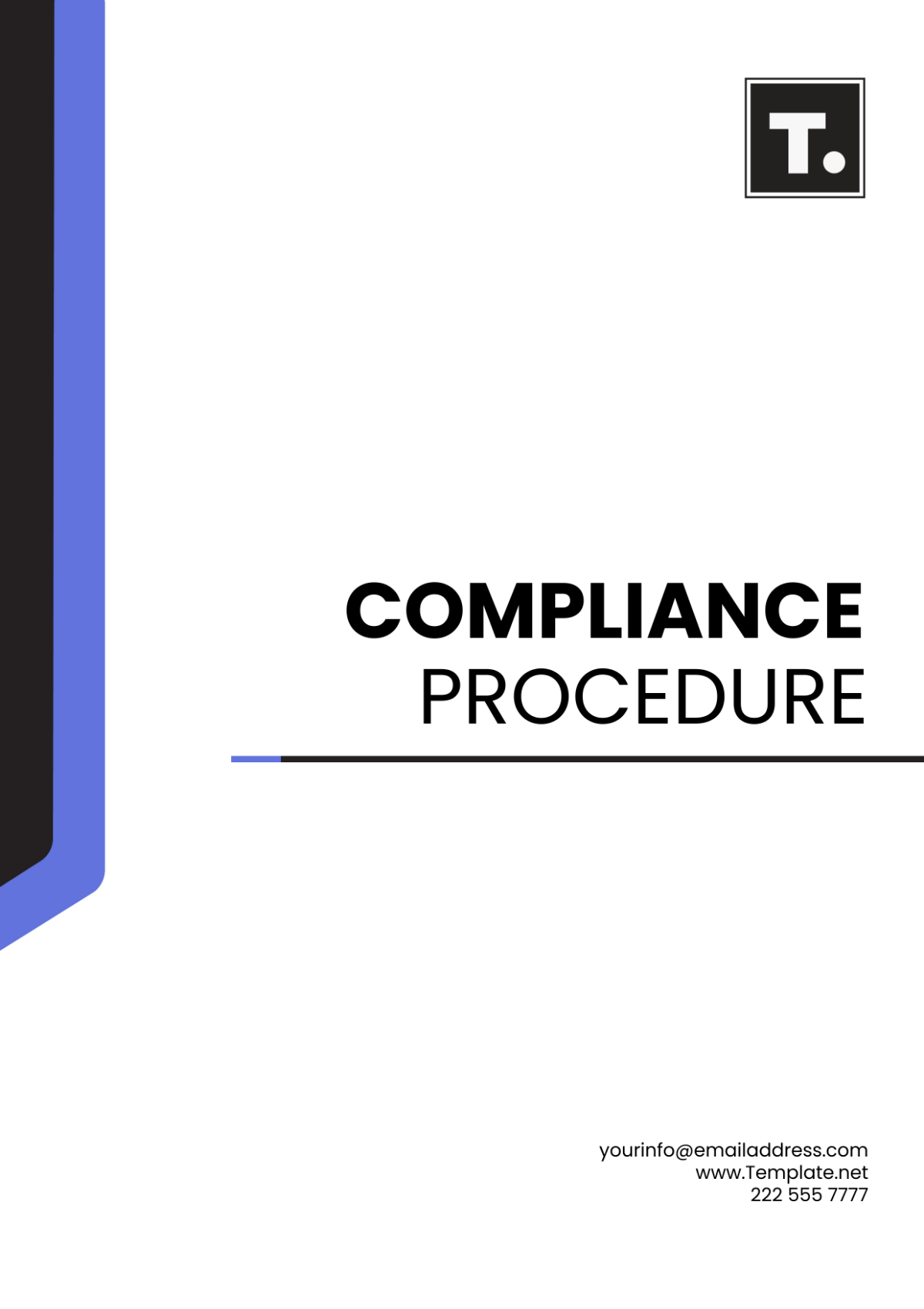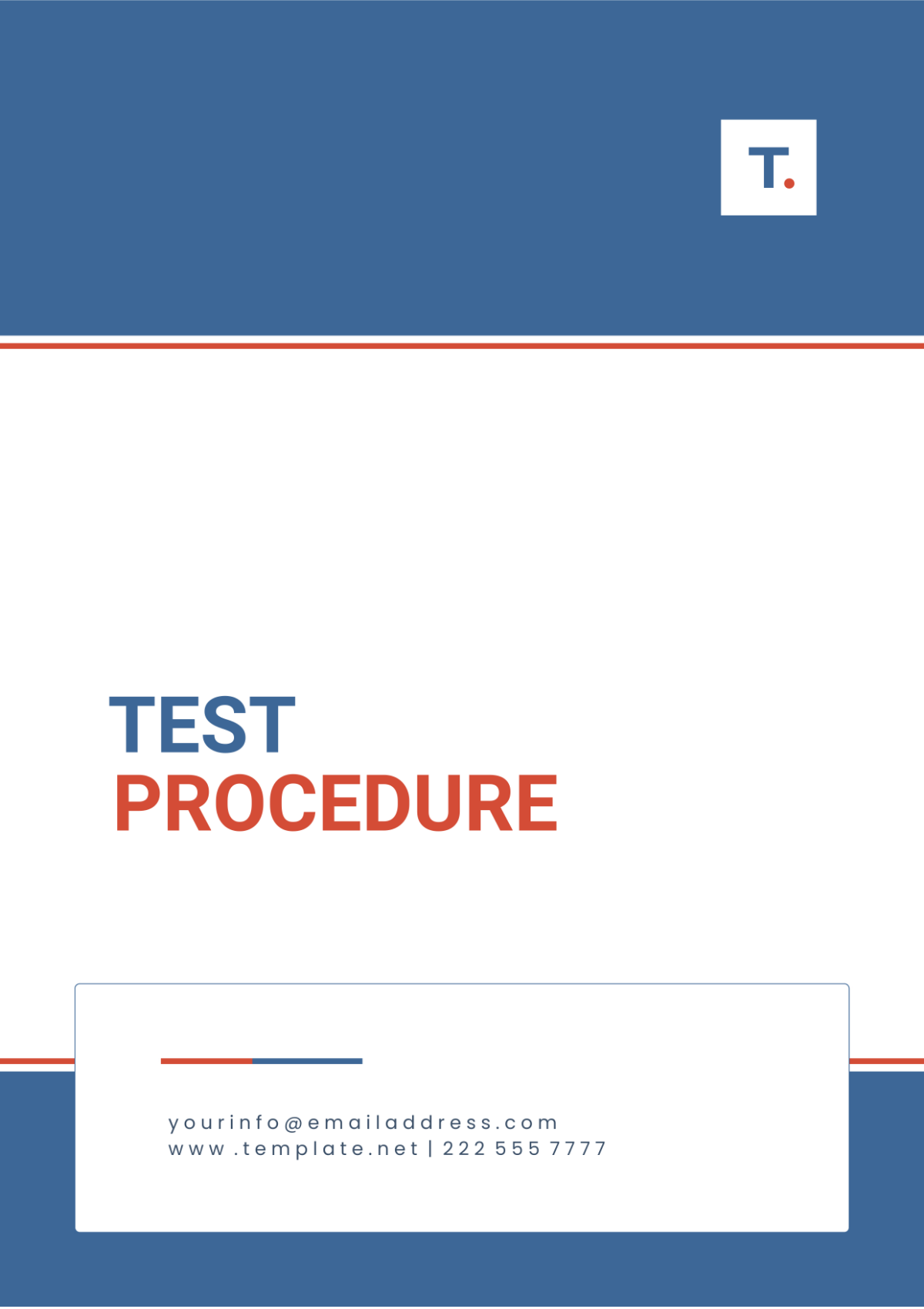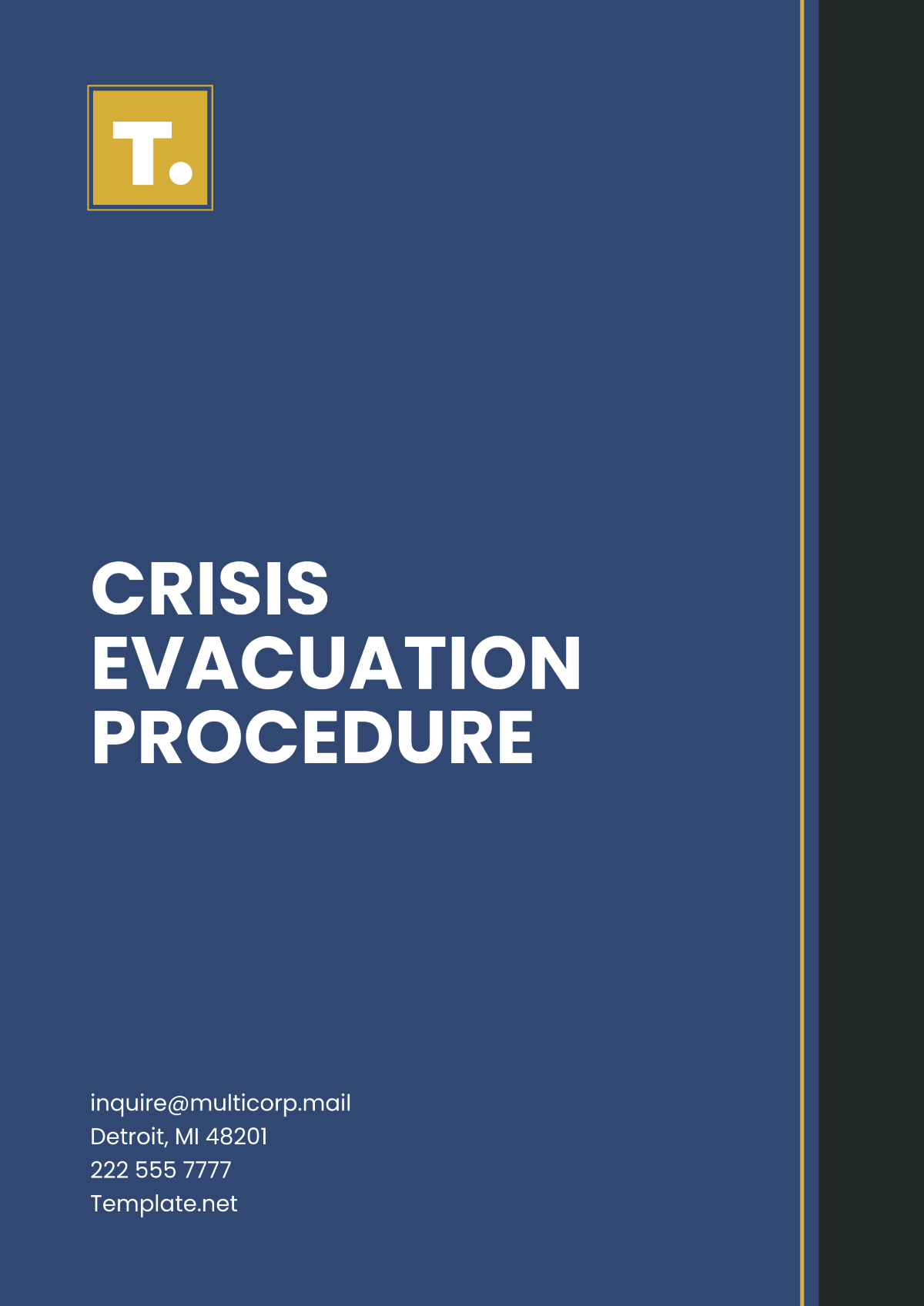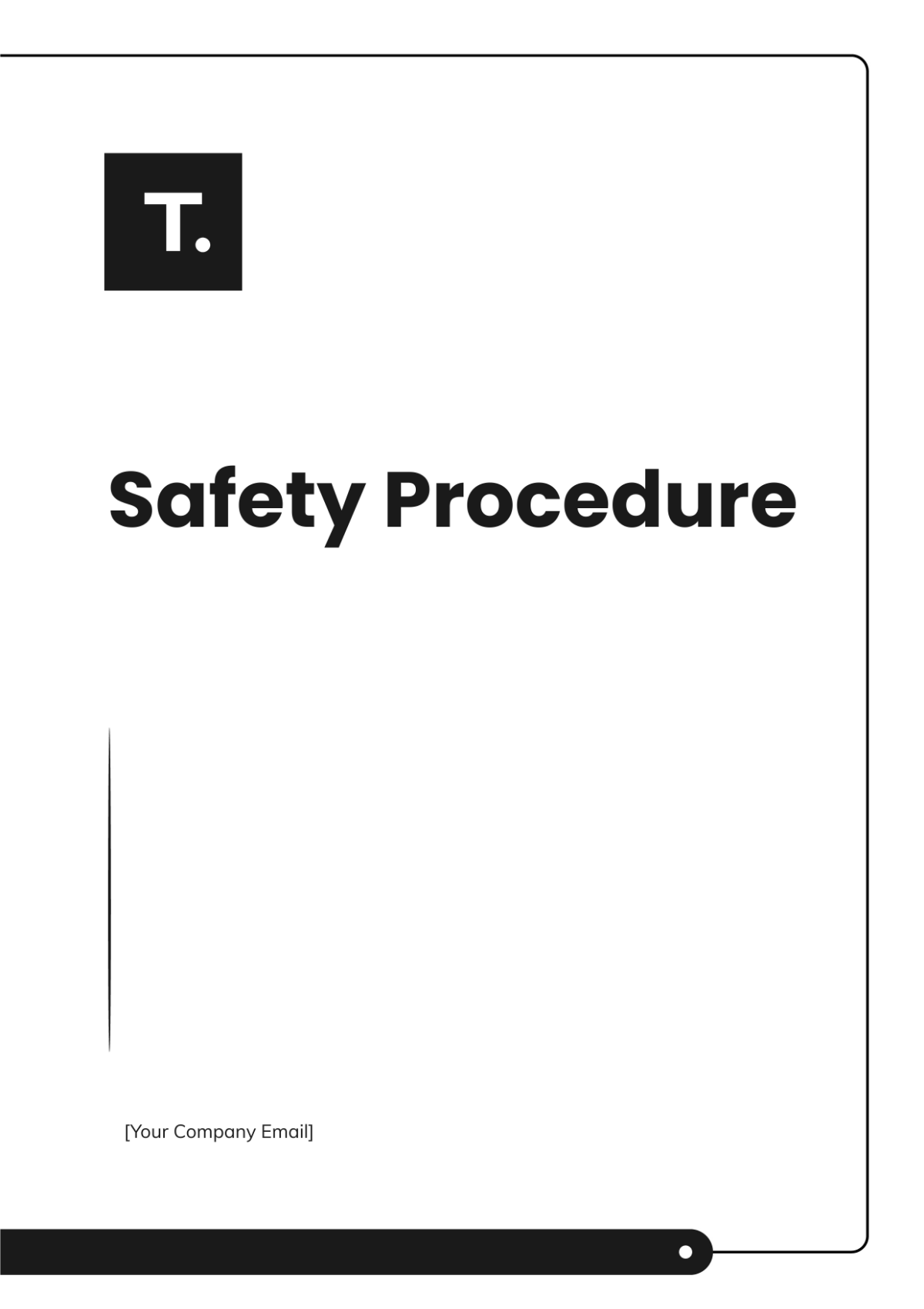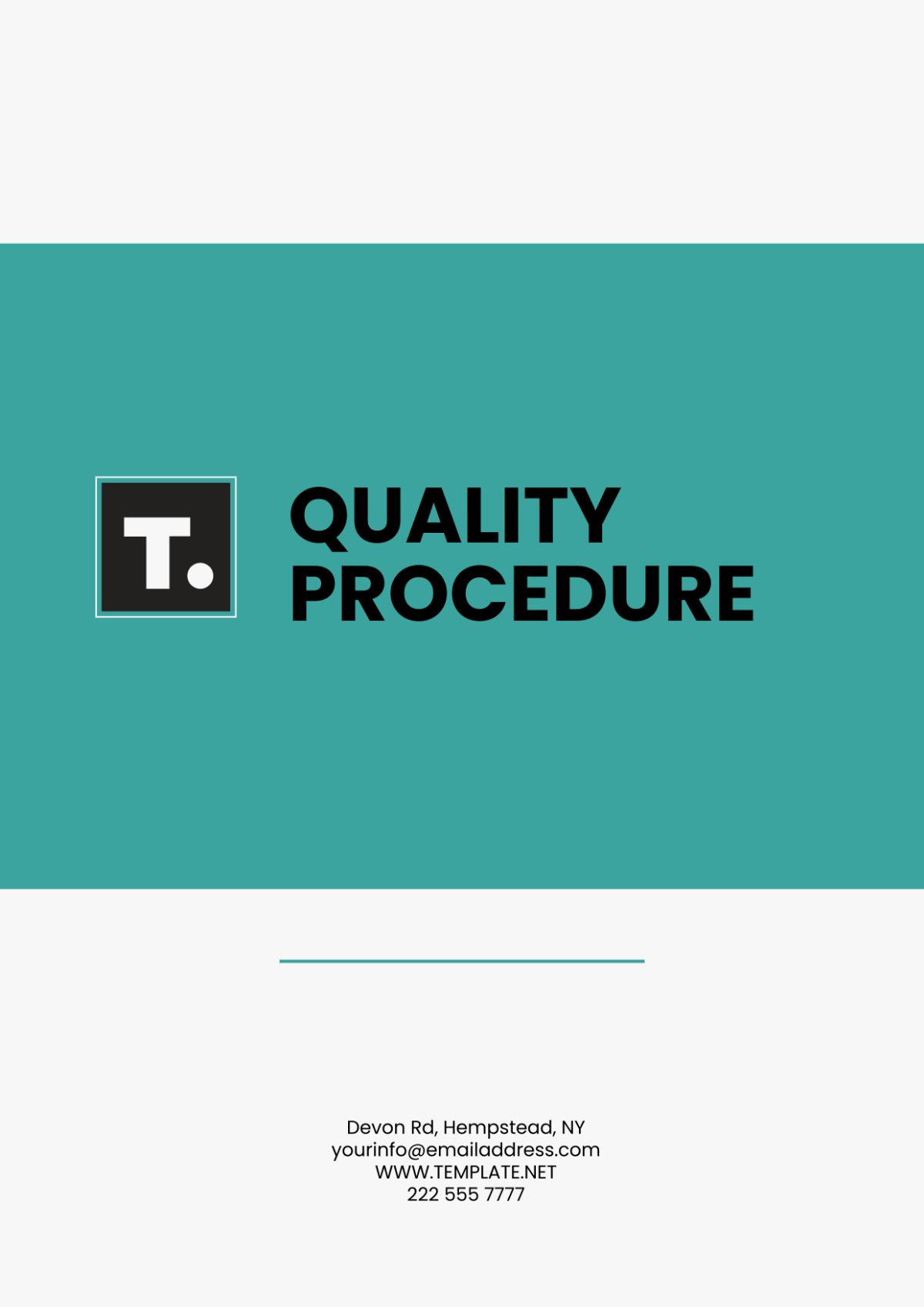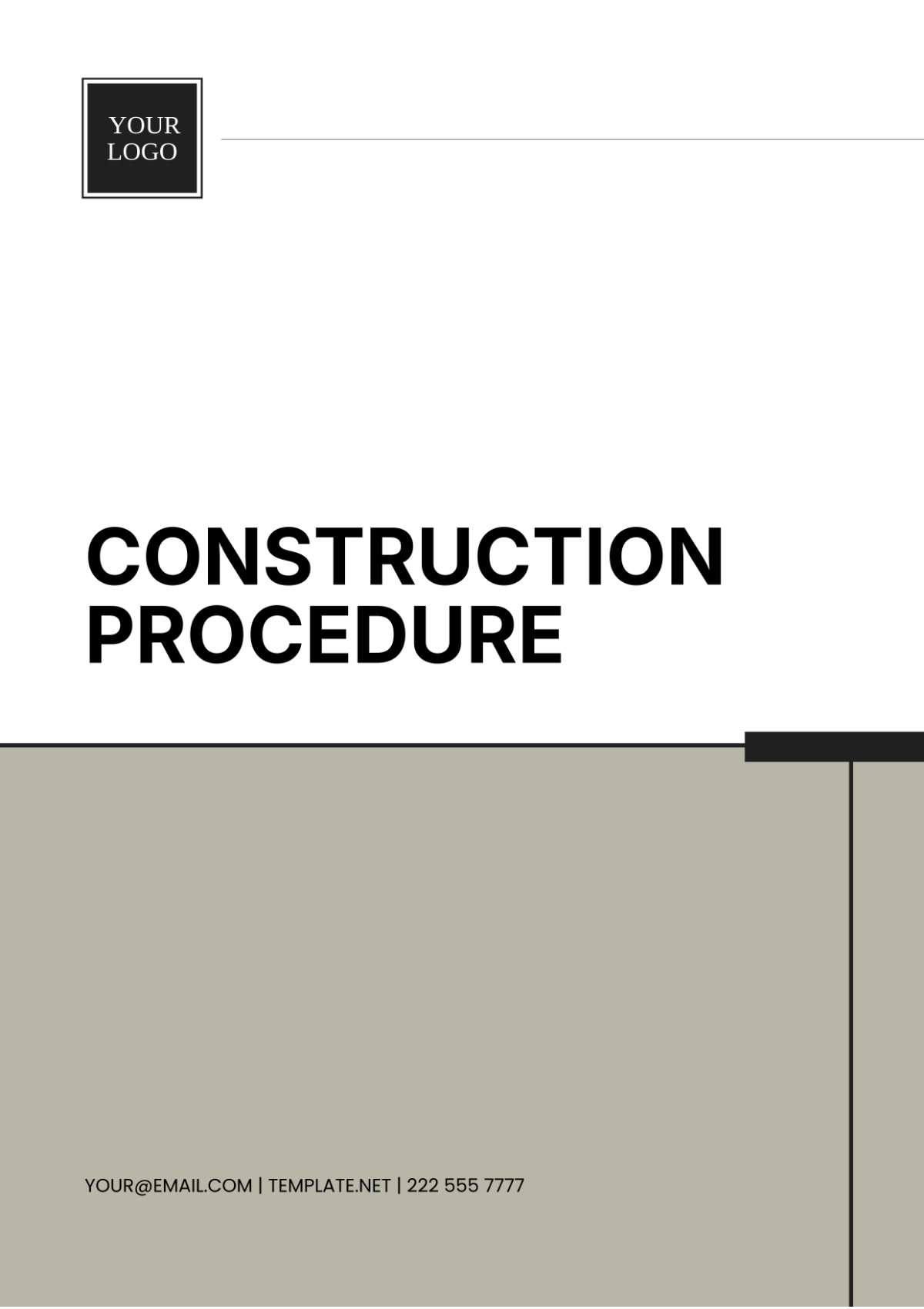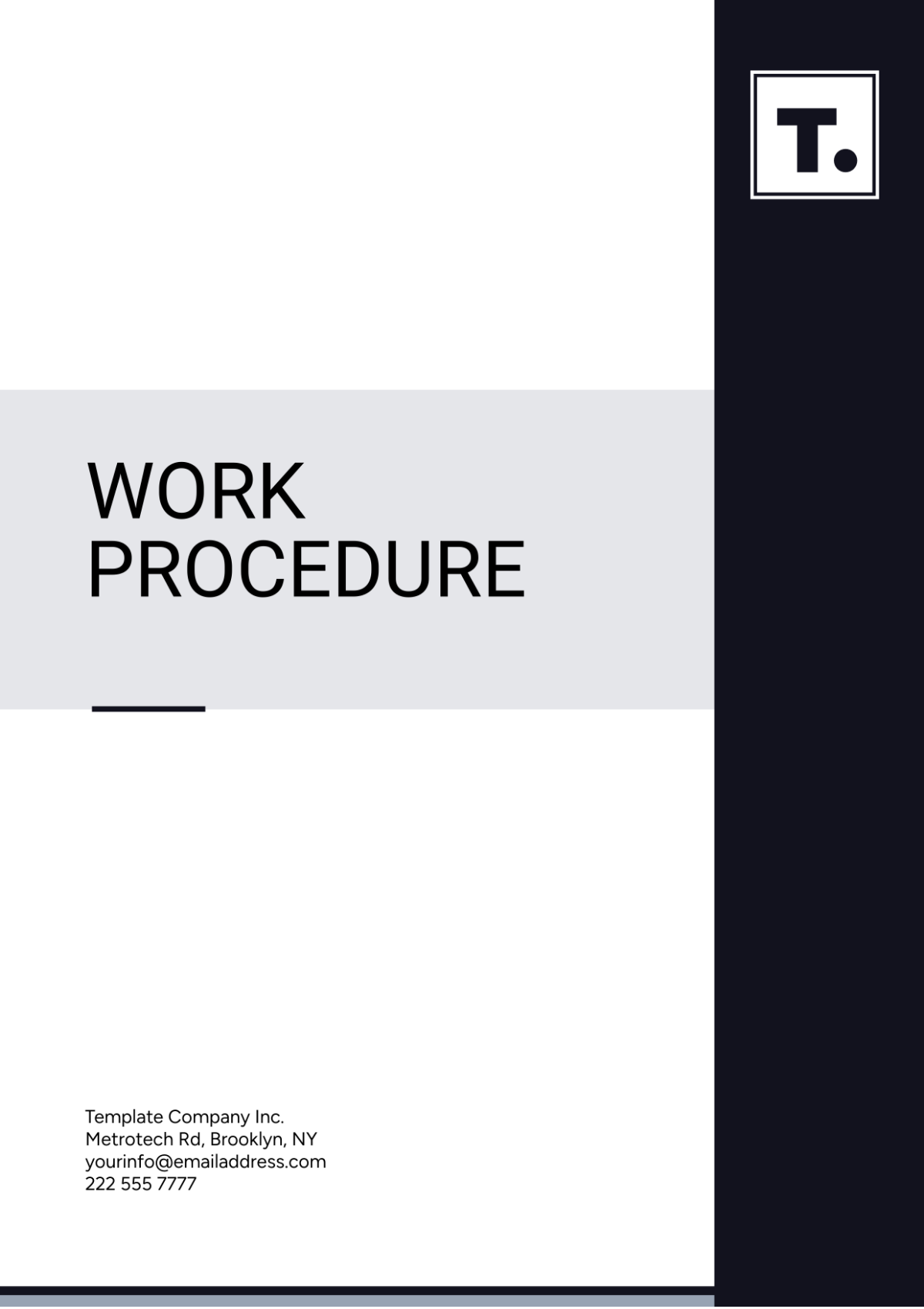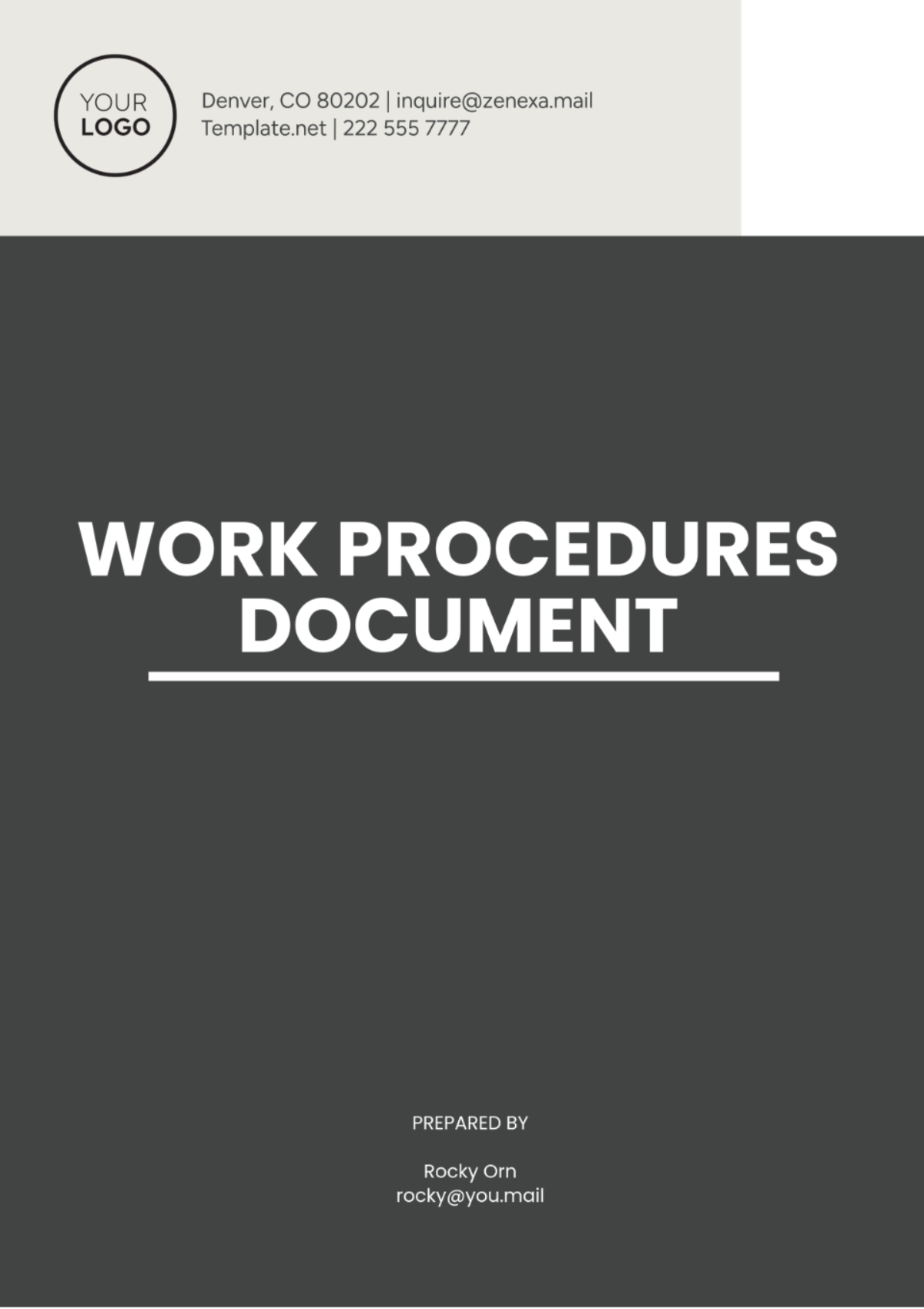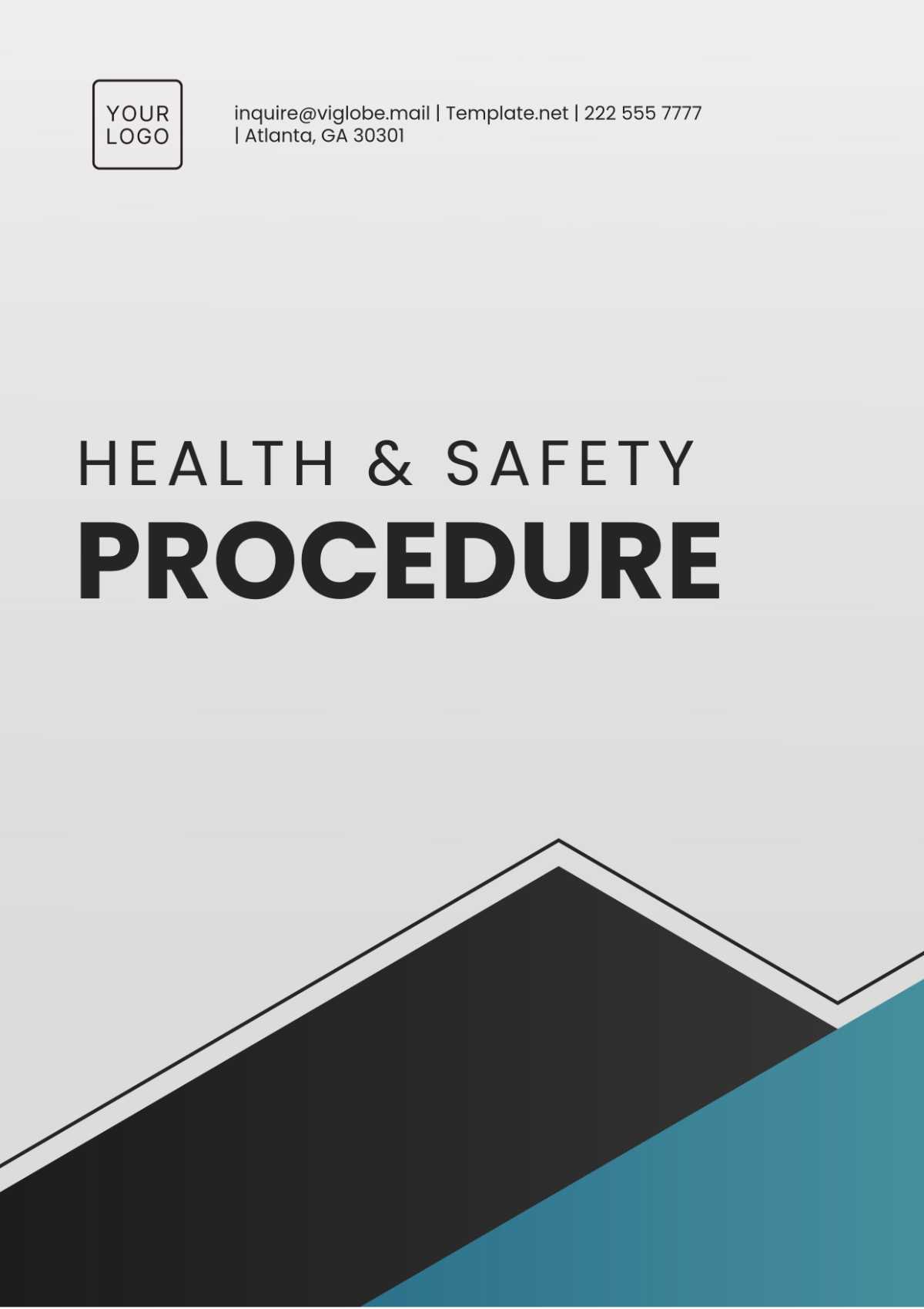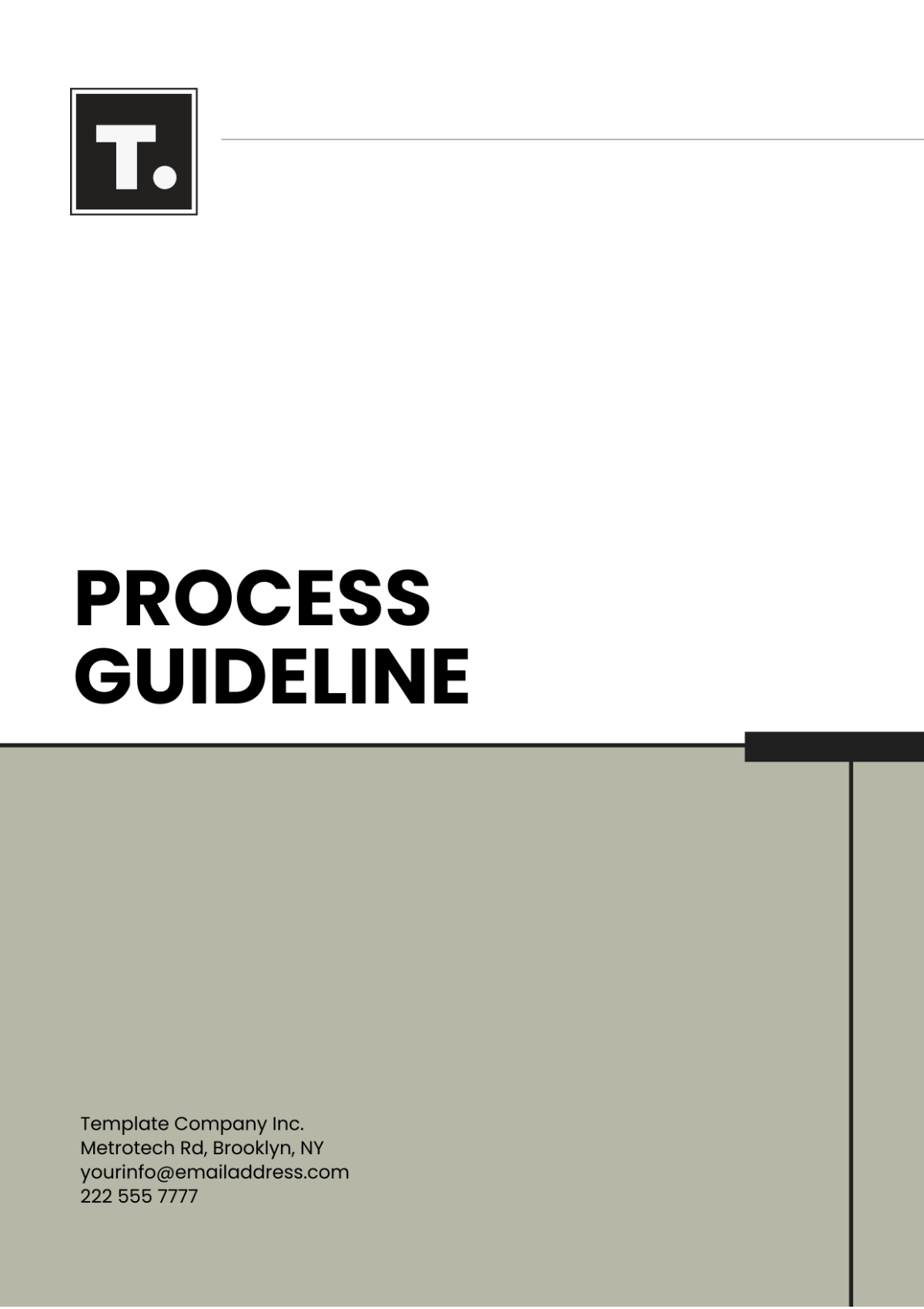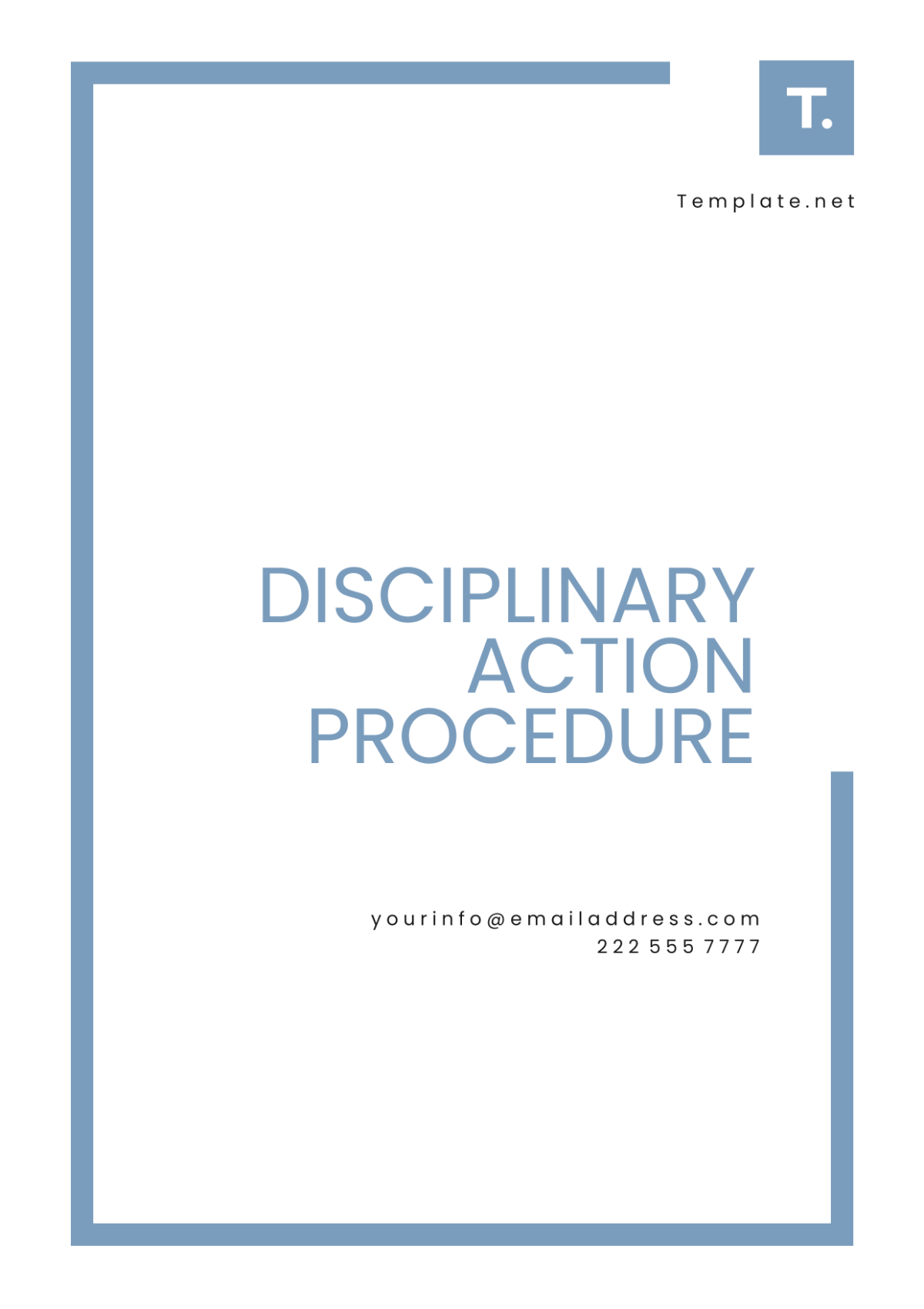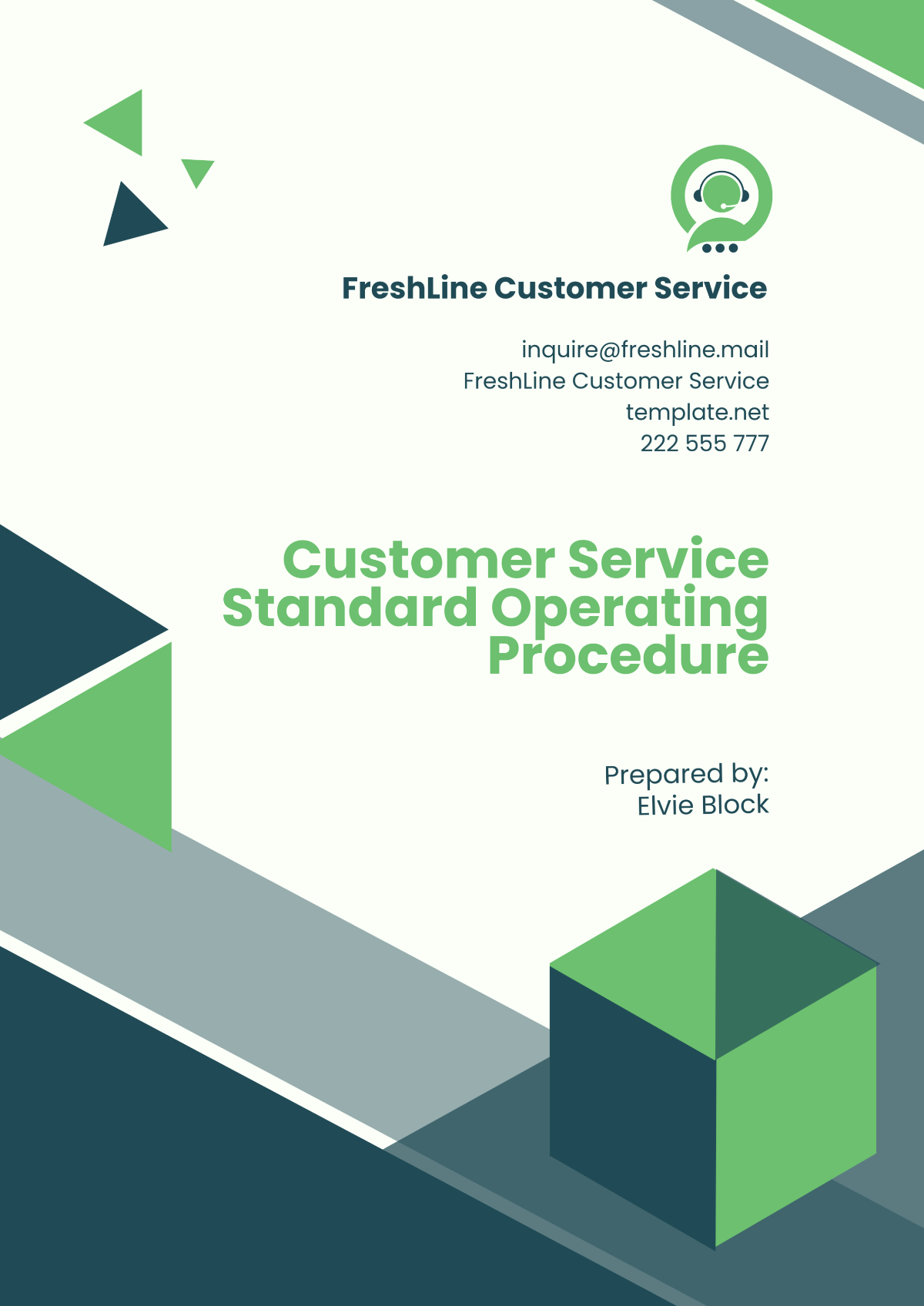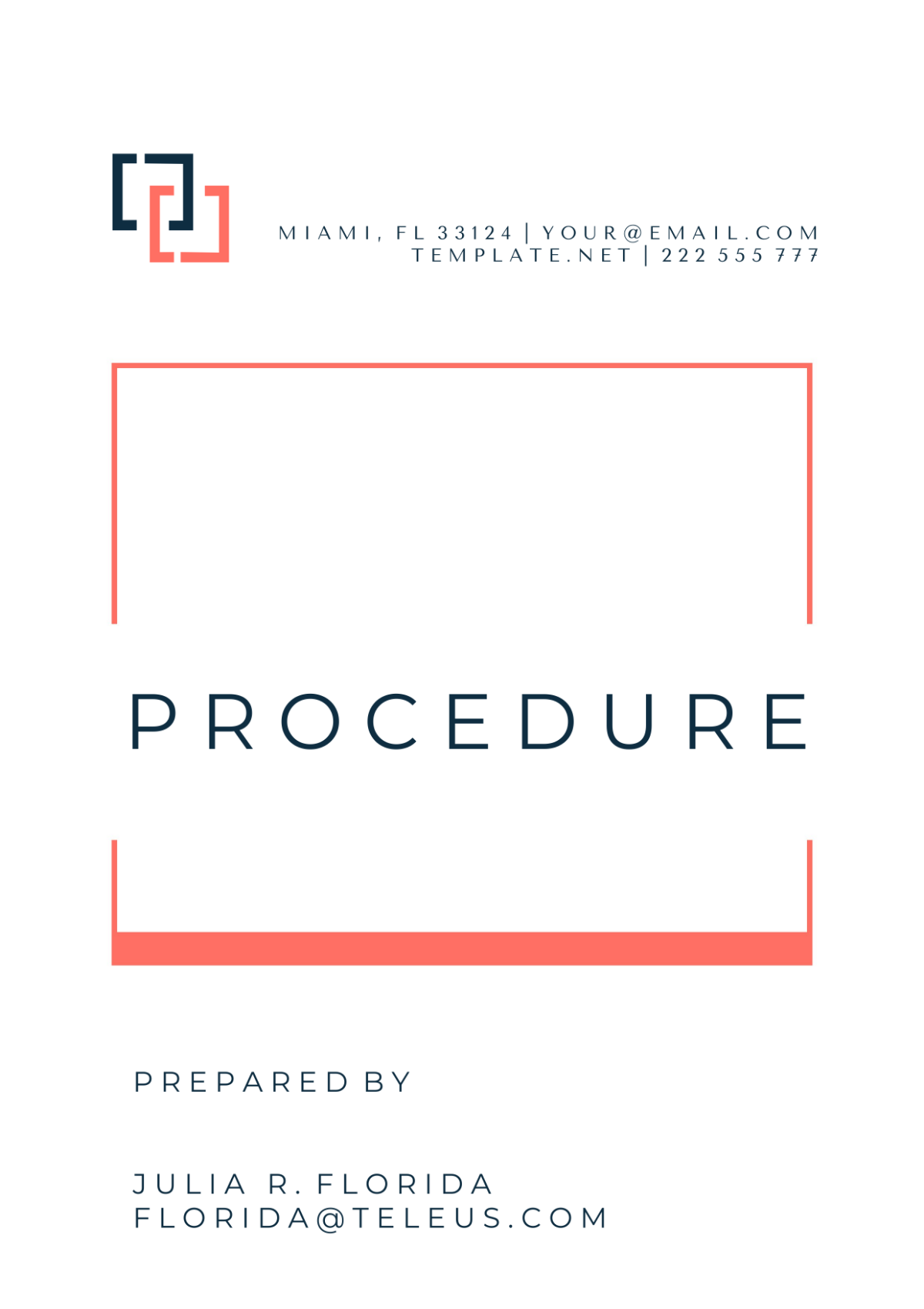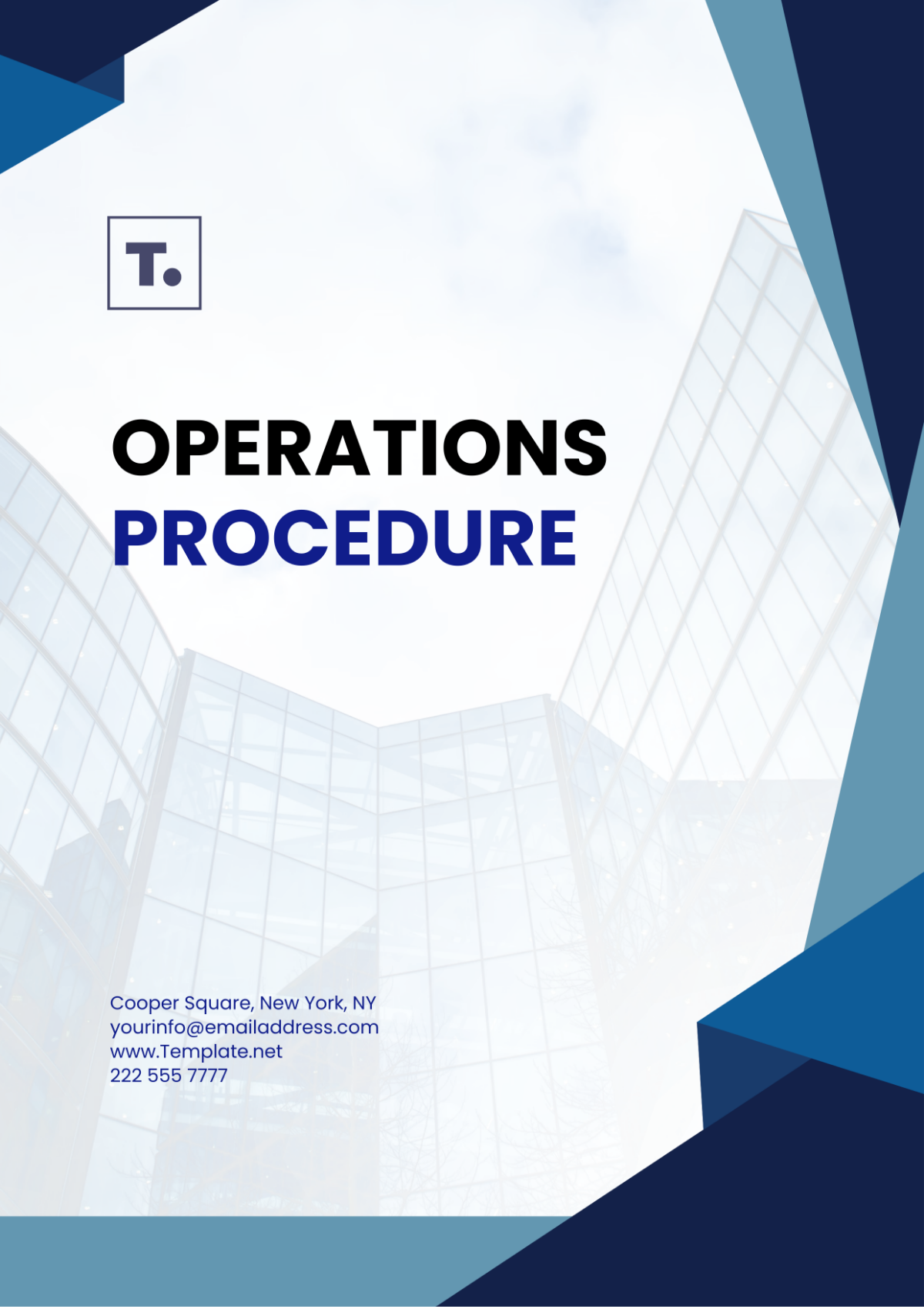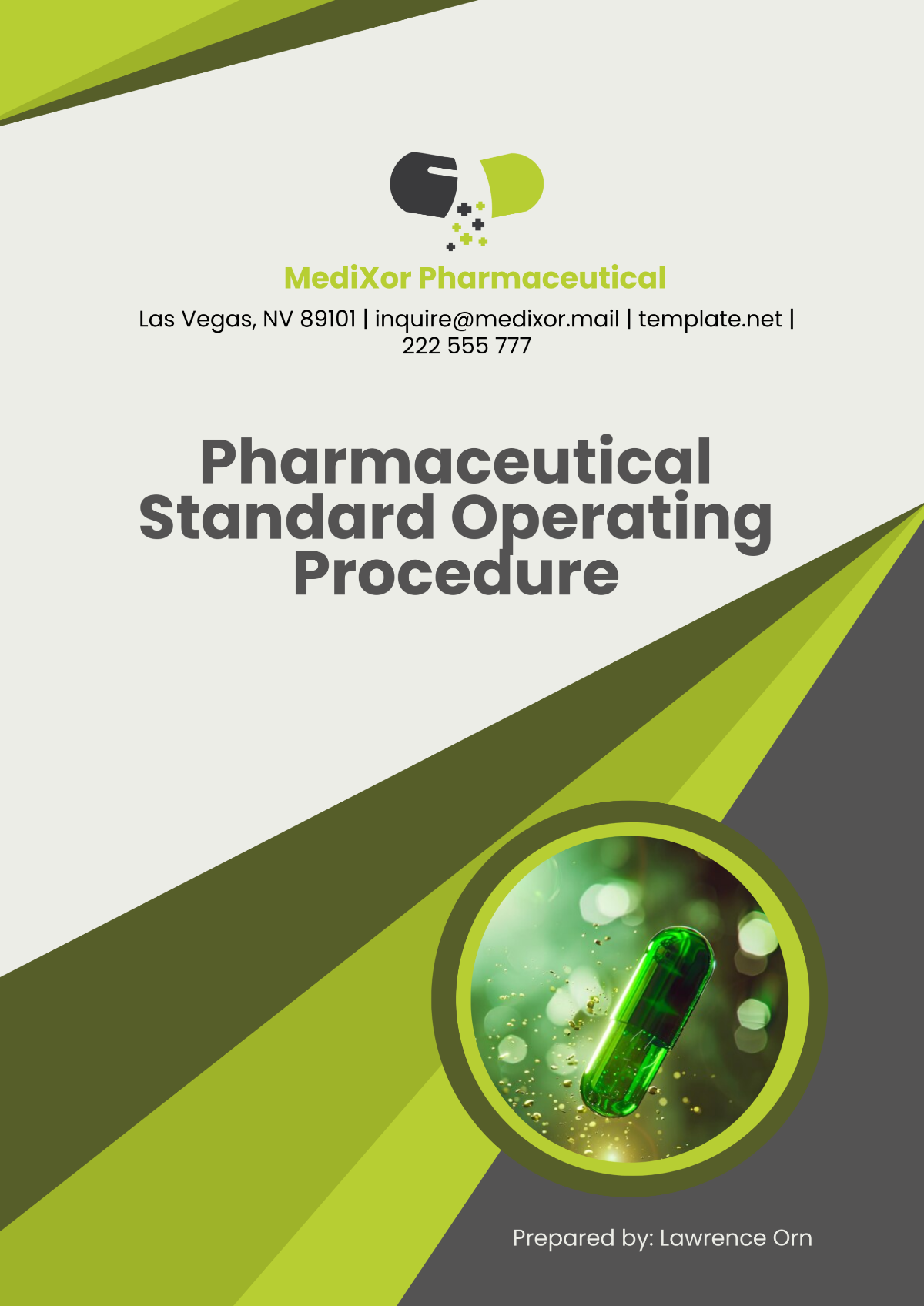Criminal Procedure Syllabus
Criminal Procedure Syllabus Course
Course Title | Criminal Procedure |
|---|---|
Credits | [CREDITS] |
Instructor | [INSTRUCTOR] |
Schedule | [SCHEDULE] |
Location | [LOCATION] |
Textbook | [TEXTBOOK] |
Description | [DESCRIPTION] |
Assessments | [ASSESSMENTS] |
Grading | [GRADING] |
Office Hours | [OFFICE HOURS] |
Table Of Contents
Course Description
Instructor Information
Learning Objectives
Course Schedule
Required Reading and Materials
Assignments and Assessments
Course Policy
Grading Policy
Disclaimer
1. Course Description
This course aims to equip law students with the knowledge and understanding of the basic principles, procedures, and legal framework that govern criminal investigations and prosecutions within the justice system. It emphasizes fundamental constitutional protections provided to individuals during various stages of the criminal justice process.
2. Instructor Information
Instructor Name: [YOUR NAME]
Email: [YOUR EMAIL]
3. Learning Objectives
Understand the constitutional principles that apply to the criminal procedure.
Apply legal rules to factual situations and engage in legal reasoning pertaining to criminal procedure.
Analyze and evaluate legal decisions related to criminal investigations and prosecutions.
Explore ethical issues within the realm of criminal justice system.
Develop critical thinking skills to communicate effectively in oral and written form about issues in criminal procedure.
4. Course Schedule
Week | Topic | Activities |
|---|---|---|
1 | Overview of Criminal Procedure |
|
2 | Arrest and Detention |
|
3 | Pre-trial Procedures |
|
5. Required Reading and Materials
Israel, Kamisar, LaFave and King’s Criminal Procedure and the Constitution
Dressler, Thomas and Corr's Understanding Criminal Procedure
Orin Kerr’s Computer Crime Law
Relevant Supreme Court rulings (distributed as class progresses)
Law Journal articles on selected topics
6. Assignments and Assessments
Weekly reading assignments
Class participation, including engagement in class discussions and activities
Mid-term take home exam
Analysis of a Supreme Court Case related to Criminal Procedure
Final Exam
7. Course Policy
Attendance: Regular and punctual attendance is required.
Participation: Active participation in class discussions is expected.
Academic Integrity: Any form of academic dishonesty will not be tolerated.
Email Policy: Email communications should be used for substantive and logistical issues.
Electronic Devices: Use of electronic device is acceptable for class related work only.
8. Grading Policy
The final grade for this course will be based on the following breakdown: Participation-20%, Mid-term Exam-30%, Final Project-20%, and Final Exam-30%
9. Disclaimer
The syllabus you are being provided with serves as a comprehensive guide for the proceedings and curriculum of this course. However, it's essential to note that there can be alterations to the content and structure of the syllabus, with the condition that these changes shall be communicated to you in advance as a notice.
